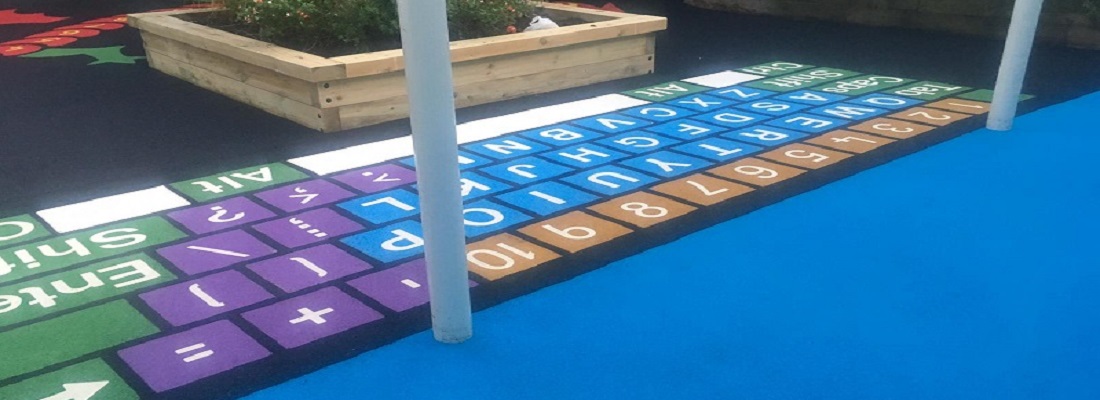
Both younger and older kids can benefit from Independent Play and Learning.
Independent Play is a learning process that can be more beneficial than any other type of learning.
Thinking and acting independently are two of the most vital skills any child can gain, and by nurturing this skill from a young age, we can create independent young adults that will continue to be confident and independent thinkers for the rest of their lives way after their school days.
Cultures are individualistic, and independence is an important part of our views on the world, so it is crucial to promote independent learning.
Teachers and parents have an extremely important role to play in the development of children but cannot remain next to their side every step they take, children have to become independent learners.
They are simply facilitators because one of the prerequisites of independent learning activities for kids is being able to work on your own, form complex grammar structures, solving problems with minimal guidance to build confidence.
This includes activities both in the classroom and outdoor learning areas that help students focus and help students reflect.
It is a question that arises often; how much help should I give my child or pupil if I also want to encourage independent learning activities?
Another question that is asked is; how can I be sure that my child or pupil is developing independence skills if I am not working closely with them?
There is a fine line between the two and faith in the child must be present while also being there to reassure students.
Independent Learning and Play are when children of all ages use their knowledge and imagination to create and play independent activities and have independent fun.
What is Independent Learning?
Independent learning is a method of gaining skills and knowledge through pretend Play, exploring different ideas, and creating new and unique ideas.
Experiencing these will lead to the development of an intelligent, confident, self-reliant and motivated individual that is capable of critical thinking and decision making.
Children that have more control over their learning and are therefore independent learners and thinkers tend to be higher on the confidence scale.
On the other hand, children that are provided with excessive help and support do not have the opportunity to think for themselves and prevents them from solving problems and working their way through difficulties.
The concept of learning independently has grown in popularity over recent years, and now it is common to see schools incorporate activities to promote independent learning.
It is a method of learning found throughout primary and secondary schools, and much of Early Years Foundation Stage (EYFS) development is based on the independent development concept.
Studies have shown that young children learn the most through play. That is why allowing children to use their imagination and learn independent learning and play is vital to all areas of their development.
How Important is Feedback for Independent Learning?
Feedback is crucial, for example, written feedback on previous written work can help to build independence, as building independence is inextricably linked to building self-esteem.
For older kids, allowing them to do more independent chores and use their skills to do independent activities will enable them to build confidence.
Such as hoovering in the house, or cleaning their room. Responsibility can be learnt through pocket money and that they have to complete their chores before they get money.
For independent learning, it is also essential for children to be able to work independently on a class by class basis, whether that is in school or doing their homework.
This allows them to further confidence and reassure themselves that it is okay to get something wrong and get it right the next time.
Encouraging Independent Activities and Learning Skills
There are many ways that a child’s independent learning opportunities can be created.
As mentioned earlier, it can be pretty challenging to know how much assistance to provide and how much assistance not to provide and to find a balance is all about trial and error.
Learners identify their progress via good feedback focus in which they can monitor confidence levels, their own abilities and plan for future lessons.
Activities to Encourage Independence in School
Some great ideas to encourage independent activities and learning are to:
- Present the child with an open environment – It is important for the child to have a free flow environment, where they can learn fluidly using different learning opportunities to gain independence. Allowing children to be in a free-flow environment, gives them their own choices.
- Reward initiative – Positive feedback should be given when a child shows initiative. (This can be done through star reward boards, updates to the student’s record or written feedback)
- Encourage exploration/research projects – Children should be able to choose what they learn about and discover what they enjoy. This could be done by drawing pictures or writing in a journal, which will also encourage and improve fine motor skills.
- Imaginative Play – Encourage art and drama when discussing topics. For example, a play may help the students think more independently about the concepts being taught.
- Encourage brainstorming – Allow children to formulate and ask their questions whilst presenting their ideas.
- Focus on the positive – Don’t worry too much about things that aren’t working. Instead, just focus on which parts are going well, this will help reassure children not to lose confidence if they are struggling.
- Letting Kids create- Allowing especially younger children the independence to create whatever they are thinking, this could be done by drawing using playdough or other craft materials.
- Encouragement to be Responsible- Encourage children to help around the house, doing safe and straightforward chores. Making a chore list will give children a sense of responsibility, and for older kids can be a way to earn pocket money. And for younger children can gain treats like more IPAD time or chocolate/biscuit to reward them.
- Integrating technology – Having children record themselves on their mobile phones completing a speaking task can boost their position on the confidence scale as they can listen back, evaluate exactly what they did or didn’t do so well. They can then create learning objectives to help them improve.
Benefits of Learning Independently
Independent thinking and thinking skills are a solid base for the development of great leadership skills, and by nurturing these skills from a young age, children can make sense of the world from personal experience and observations whilst making suitable, well-informed decisions.
Independent learning helps children think creatively, encourage curiosity and leads to much more meaningful discoveries than just being told the answer to something.
As children make mistakes through their own learning and within a safe environment, they will gain confidence which will help them build successful futures.
This also helps to contribute to their health and activity levels which you can read more about in this post.
The benefits of self-learning are well documented. Through working independently, a child learns how to learn, rather than being spoon-fed information, but they also understand the whole process rather than just the goal or end outcome.
The learning process is just as important as reaching the final goal, and often classrooms can restrict that process by placing it within four walls.
The self-confidence developed through independent learning activities for kids is accompanied by a sense of internal satisfaction, and they are more aware of their strengths and weaknesses.
Finally, passion and curiosity are two extremely important emotions and behaviour that can often be lost when things become methodical or routine.
What Are Some Examples of Independent Learning Activities?
Through learning independently, children can still use passion and curiosity to help achieve their goals via their own learning.
Another imaginative set of play equipment is an outdoor storytelling area, and these are great for encouraging children to listen and use their imaginations.
For older kids, learning independently teaches them the importance of responsibility and that it is okay to get something wrong and learn from it.
Working independently also teaches older children to use their own ideas and thoughts to solve a problem and not rely on someone else to fix their problem.
A child’s independence is very important and by creating a personal learning goal a student’s focus can be directed on their intended learning goal rather than elsewhere.
Some great ideas to do this could be giving them a journal, to write about whatever they like whether that be a diary or writing a story etc, or allowing them to solve their own problems with homework or schoolwork.
If you like you could always sit nearby to support your child and help them if they get really stuck or you can pair them with a child with similar personal learning goals.
It is also important for children to have the chance to be proud of their own work when taking part in their favourite independent activities.
The Benefits of Independent Play
Independent Play is one of the most important parts of early childhood. It can boost self-confidence, creativity and self-assurance. By letting children play on their own, it allows them to go into imaginative play and can promote independent learning.
It also provides mum and dad time to complete just what seems to be hundreds of chores whilst the kids are occupied with new fun activities. Without the need for Wi-Fi!
And the great thing is they can all be set up quickly, no matter if there has been school closures or the weekend. These activities can be easily done, with little supervision for long periods of time.
When a child plays, they learn more about themselves and their friends, but learning and play can go hand in hand a lot of the time. For example, performing dough disco with Play Dough allows children to have fun and dance along to songs whilst building on their fine motor skills.
Dough disco is a free resource that can be found on Youtube. For this activity, all you need is playdough.
Play Dough activities can also be done with stencils and used in all different imaginative Play, for example, role-playing in the kitchen, making other animals with stencils or using them to learn. Play Dough activities also encourage fine motor skills.
Independent Play also allows children to develop a strong sense of self-worth and independence.
To play independently is one of the most crucial elements in the early years, and all children should have the opportunity to learn through play. Independent Play alongside is vital for child wellbeing and self-growth.
When children play independently, they gain social independence, which means that they will be able to be comfortable in new situations which others may find scary. In addition, it allows them to use their imagination and use self-entertainment.
Independent Play also leads to imaginative play, this means the child will get used to critical thinking and thinking quickly on their feet.
What Are Some Examples of Independent Play Activities?
Independent Activities around the house for both little ones and older kids:
- Sensory Play (using different textures and materials to allow children to have different sensory experiences)
- Paint with water
- Race Cars with or without a track
- Puzzles
- Using playdough to make cakes
- Making pictures using playdough- Fireworks pictures or flowers etc
- Having tea parties with stuffed animals
- Draw pictures
For older children, independent activities can include:
- Scavenger Hunt (either in the house or the garden) using stuffed animals, toys or treats.
- Making and designing a treasure map and making binoculars with paper towel tubes
- Writing a comic book
- Building a boat.
- Building Dens and Forts in the back garden
- Journal writing- allowing children to write whatever they want they could write a story or just about their feelings
- Making their own board game and playing board games
- Building Jenga Blocks
- Using a large sheet of paper to do a self-portrait.
- Find books they enjoy and write about their favourite parts
- Using educational apps on their iPad or tablet
All these activities allow children to play independently and also use their imagination throughout. There are so many ways to promote independence in both little ones and senior children, one of the most important things to do is follow their interests and let them explore (whilst being safe). It allows fun learning for the kids and at the same time some quiet time for mum and dad.
Outdoor Play Activities For Kids In School
Outdoors is seen as one of the best learning environments. The large open spaces and the array of natural resources encourage children to explore using their imagination and incorporate their problem-solving skills.
Giving children the tools necessary to explore at their own will and in their own time allows them to make their own discoveries. See our recent post on school playground markings to find out more about different floor designs.
Pupil-led outdoor play activities such as growing plants, wildlife spotting, bug hunting and pond dipping are all simple yet exciting activities that can be led by the children rather than the teacher.
These activities allow children to use their imaginations and involve elements of Play pretend into the process, all of which will help improve their creative thinking, grow their independence and confidence and develop their problem-solving.
You can also help improve children’s mental health with a play through a variety of activities.
- 4 Ideas for Teaching Organisation on the Playground
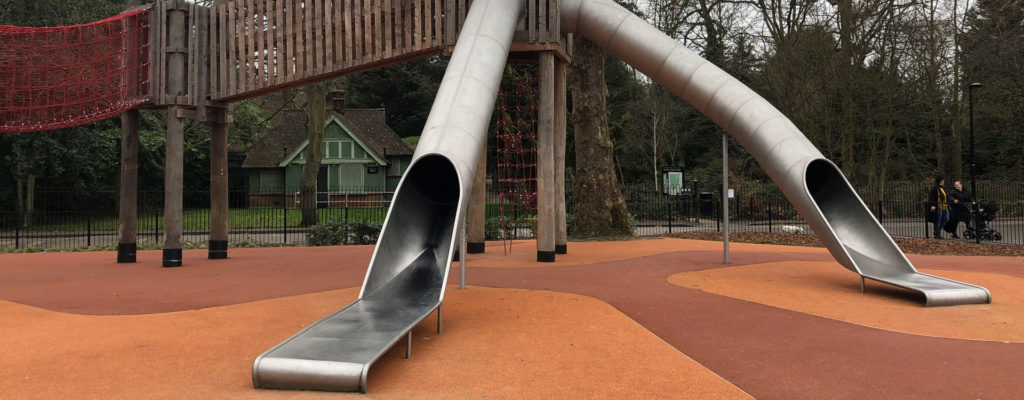
- 4 Reasons Why Schools Have Artificial Grass
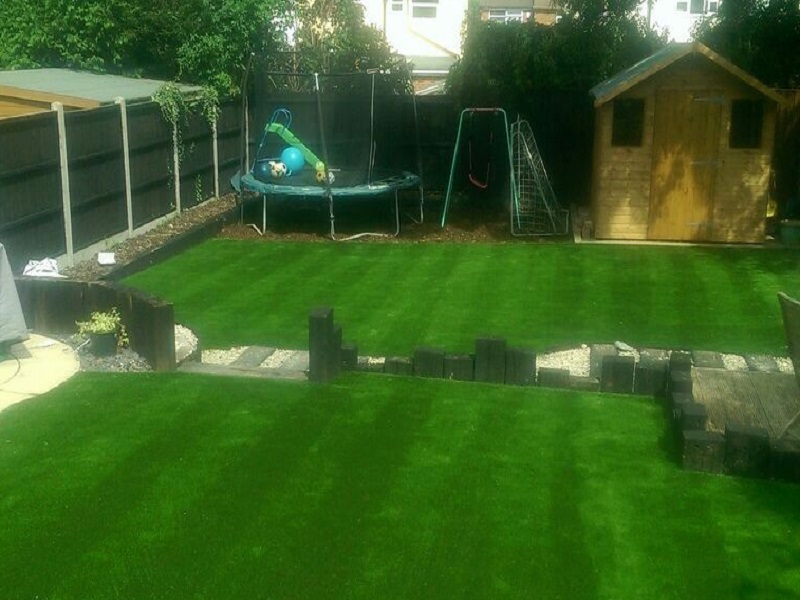
- Activities to Teach Kindness on the Playground
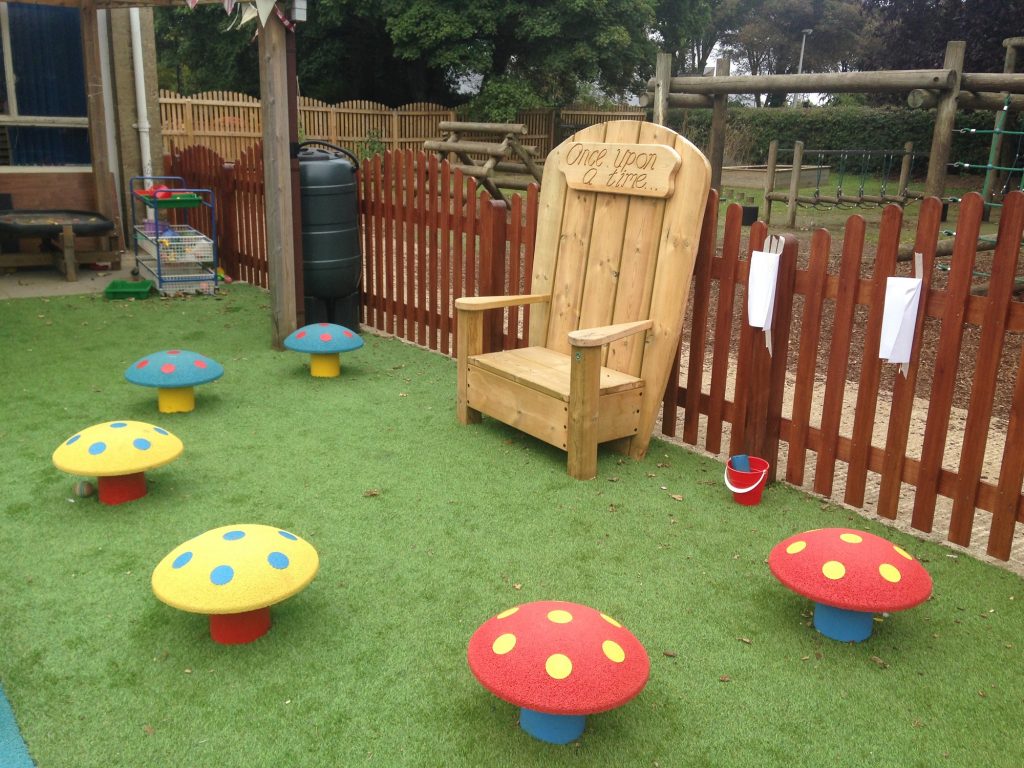
- All Weather Surface Children’s Playground Safety Flooring

- Artificial Grass and Rubber Mulch Surfacing in Derby, Derbyshire
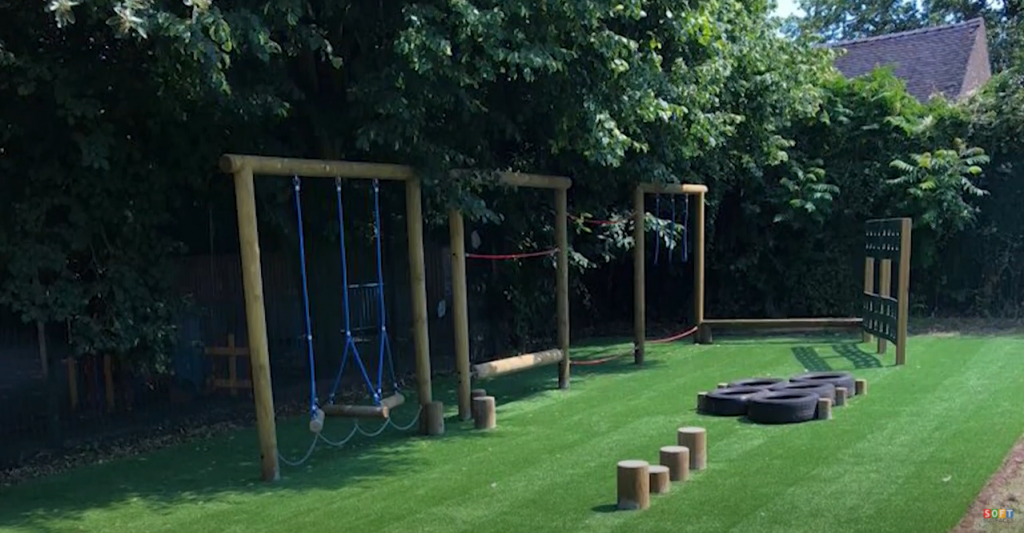
- Artificial Grass and Wetpour Pathway Installation at a School in Birmingham
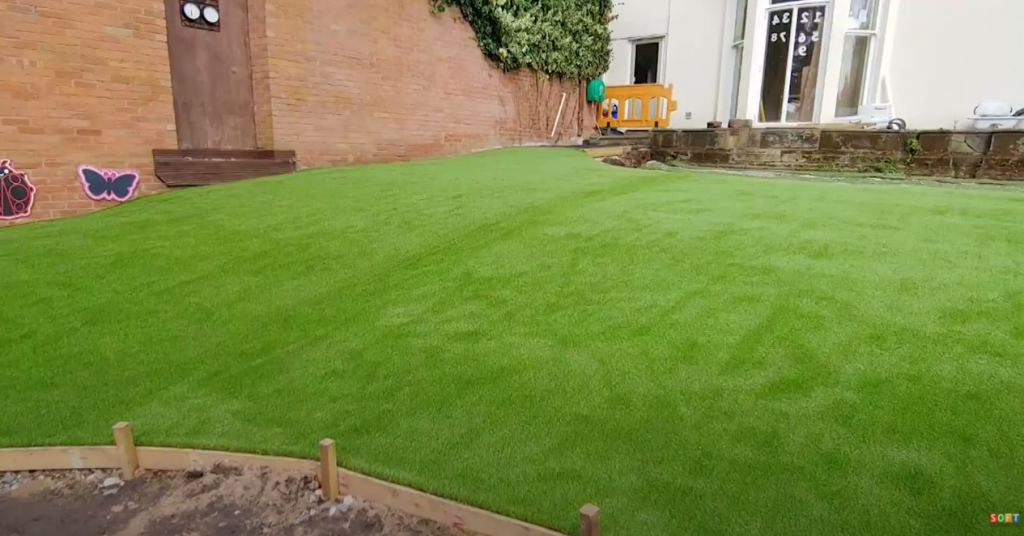
- Artificial Grass and Wetpour Roadway Construction in Liverpool
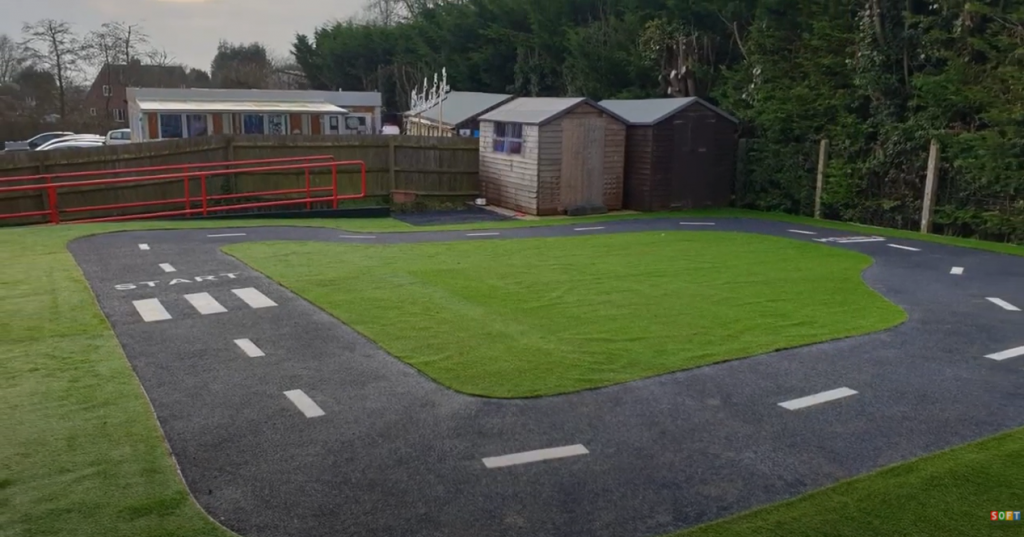
- Benefits of a Mud Kitchen for a School Playground

- Benefits of Climbing in Primary School

- Benefits of Sensory Activities for Individuals With Autism
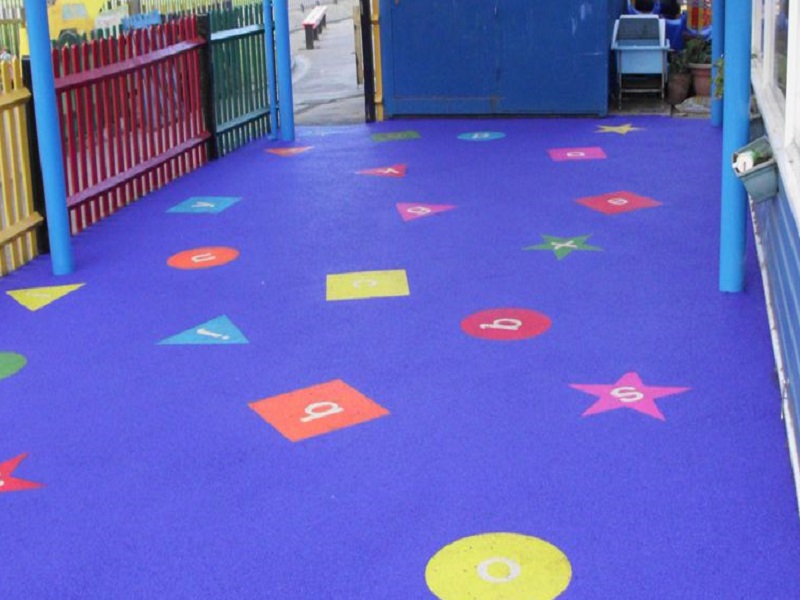
- Bespoke Playground Surfacing With Graphics in Northampton

- Best Playground Equipment for Primary Schools
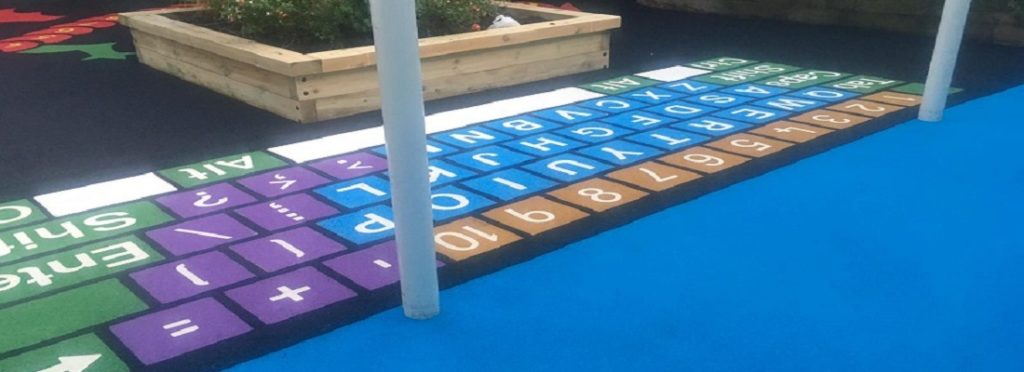
- Black Wetpour & Artificial Turf Construction at a Nursery in Harlow, Essex
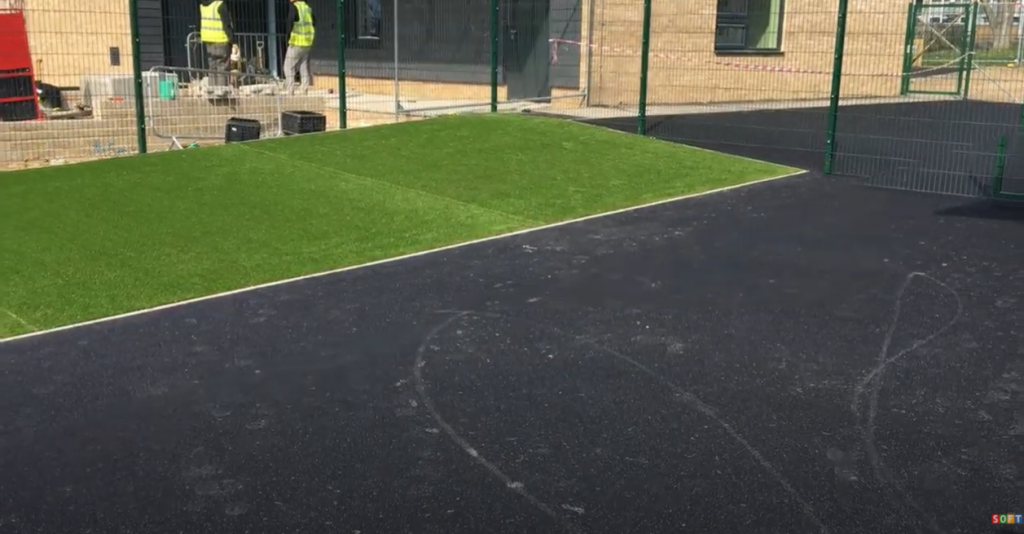
- Black Wetpour Flooring Construction in Canterbury
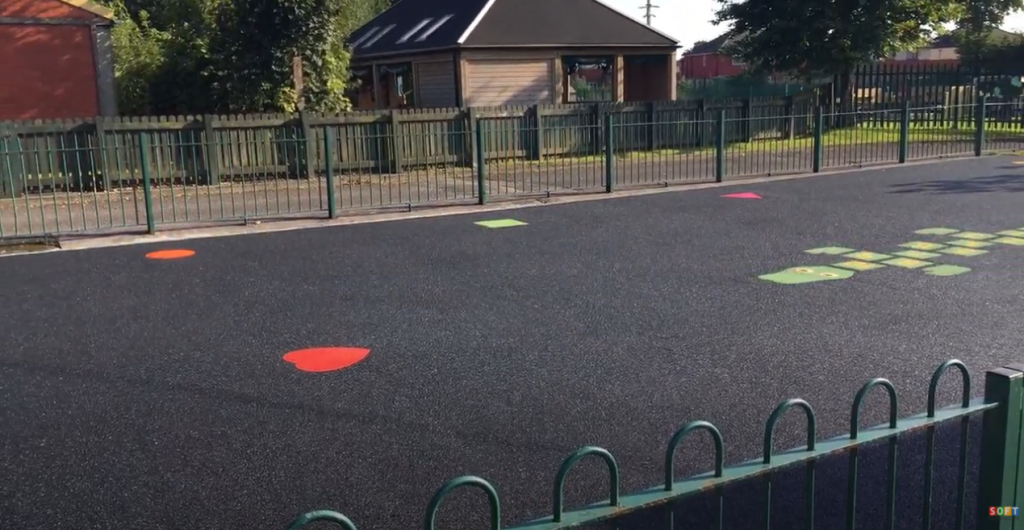
- Children’s Play Area Flooring

- Children’s Sensory Playground Designs
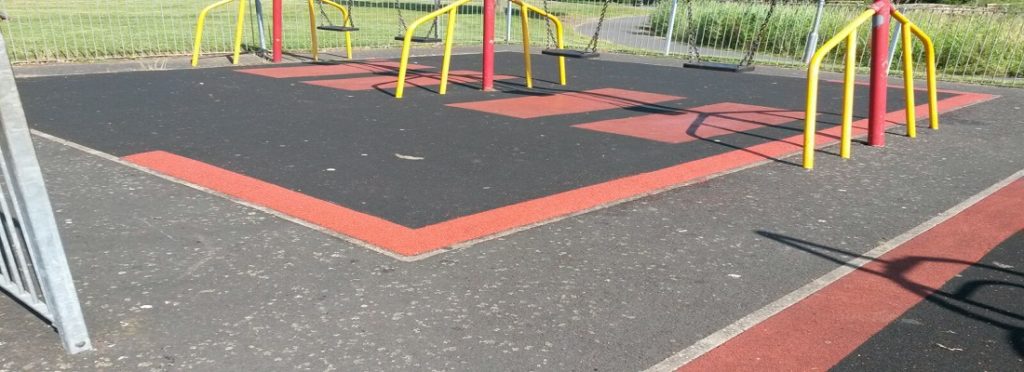
- Colourful Play Area Surfacing in Sheffield, South Yorkshire
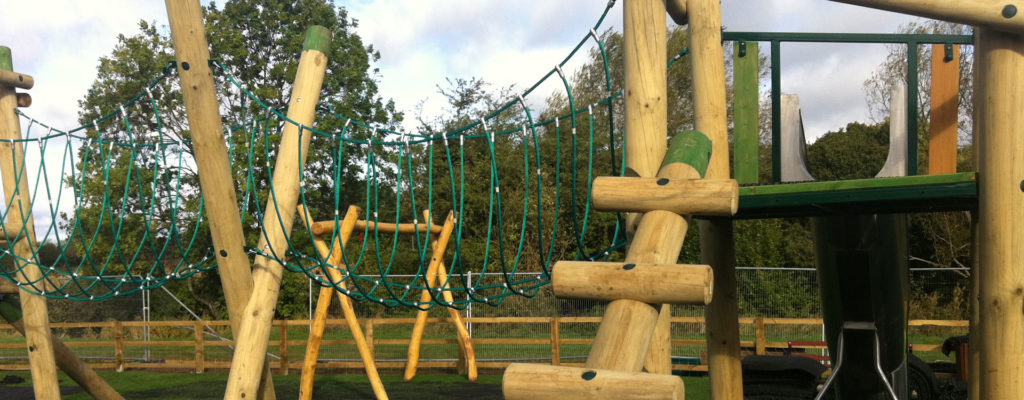
- Colourful Playground Flooring Design in Cardiff, Wales

- Colourful Rubber Playground Flooring in Wakefield, West Yorkshire

- Colourful Rubber Playground Flooring Installation in Wakefield
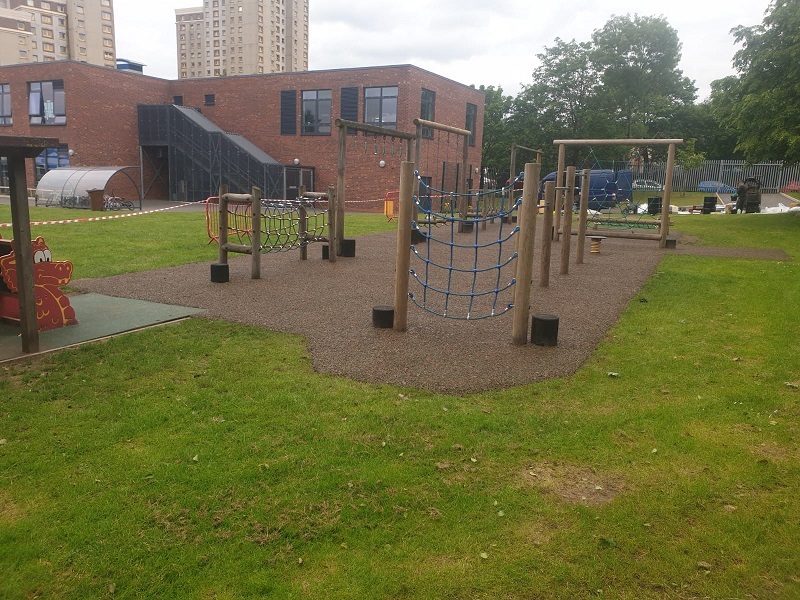
- Colourful UK Playground Surfacing in Bedfordshire
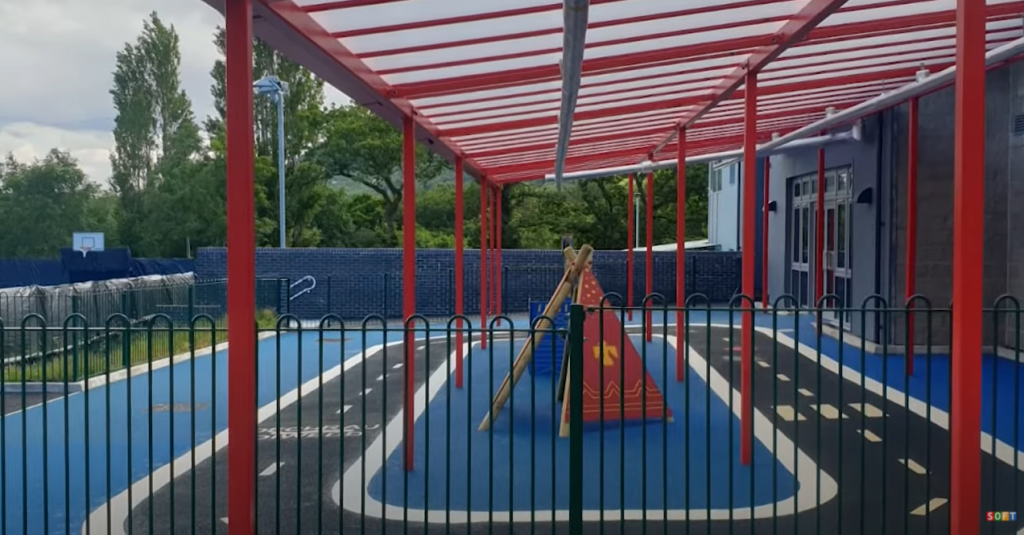
- Cooperative Play Ideas for Kids

- Costs of Schools Playground Safety Surfaces

- Creating a Storytelling Area in Your Playground
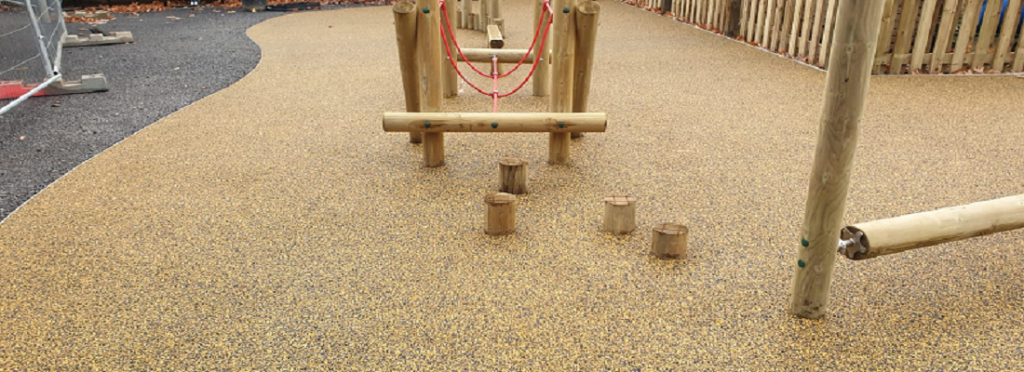
- Day Care Playground Safety Flooring in Stoke, Staffordshire
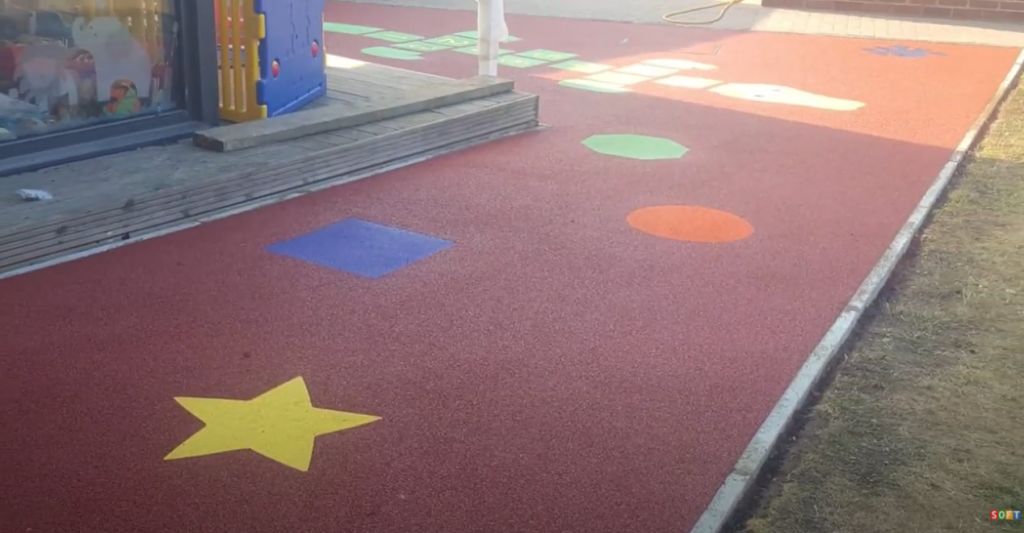
- Den Building Ideas for Schools
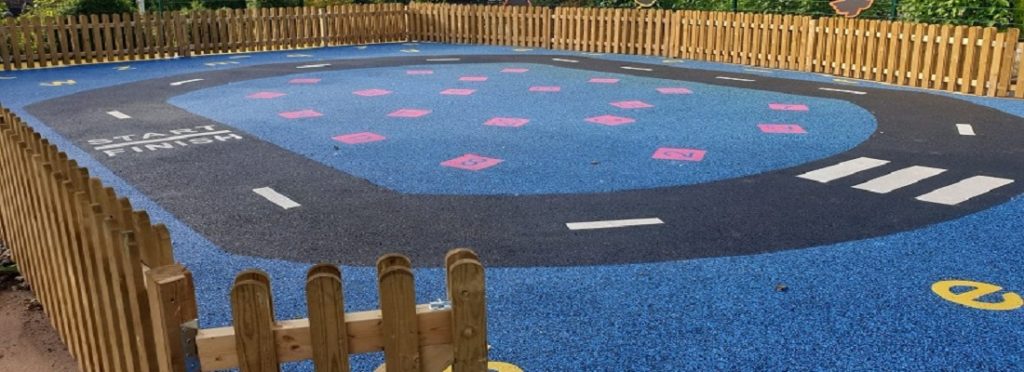
- Early Years Outdoor Play
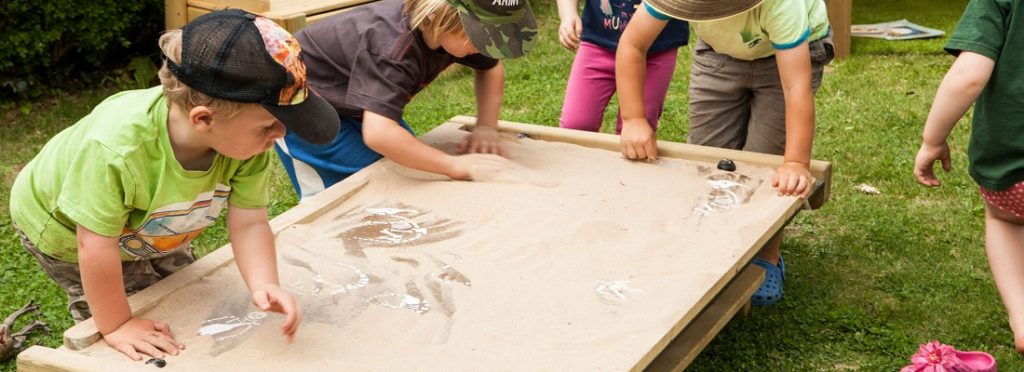
- Educational Play Designs
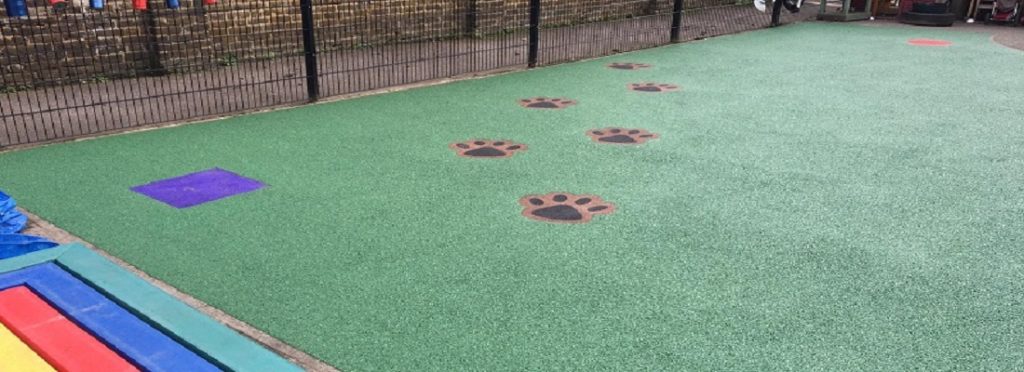
- Educational Playground Surface Installation in Brighton

- Educational Playground Surface Installation in Brighton, East Sussex
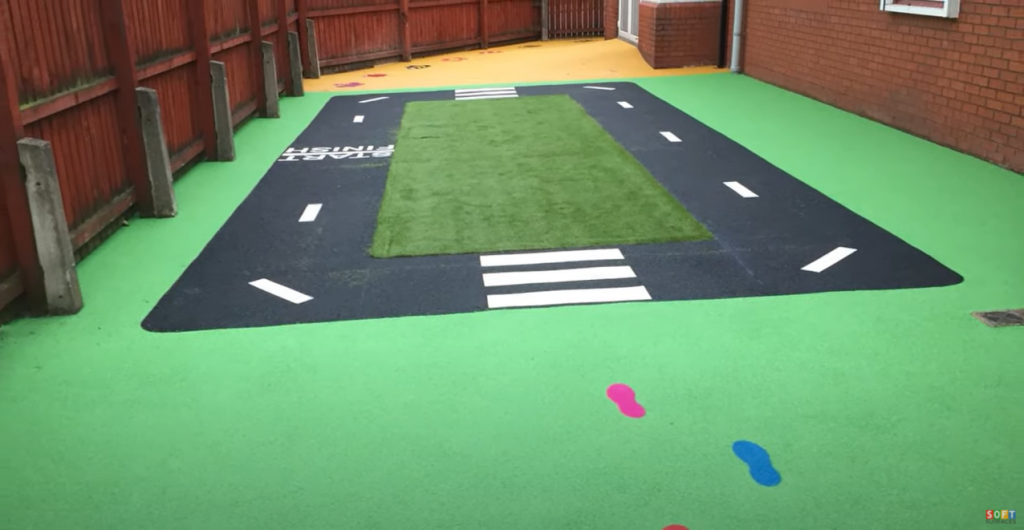
- Encouraging Risk Taking in Outdoor Play
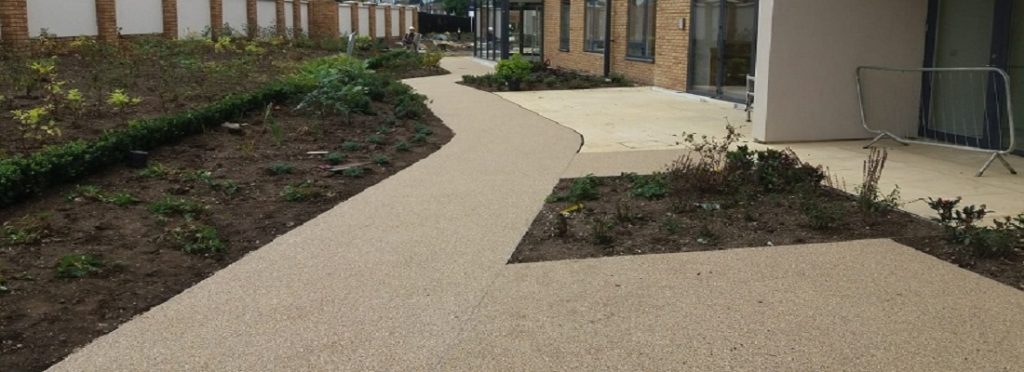
- EPDM Rubber Play Area Flooring in Luton
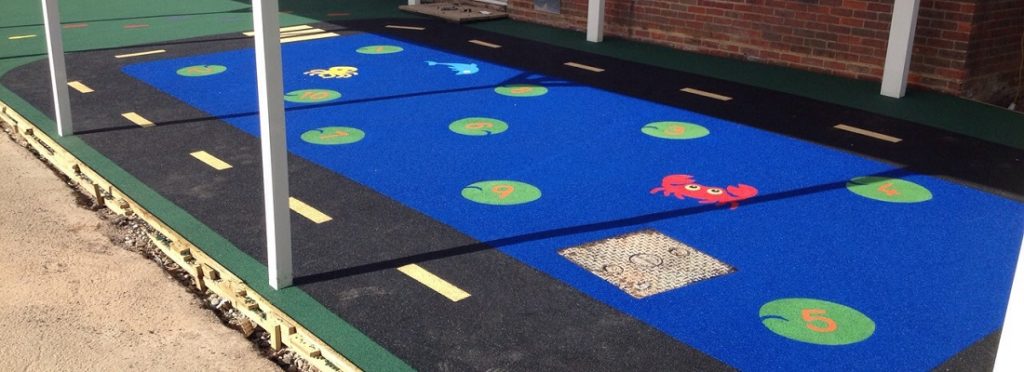
- EPDM Rubber Play Area Flooring in Luton, Bedfordshire
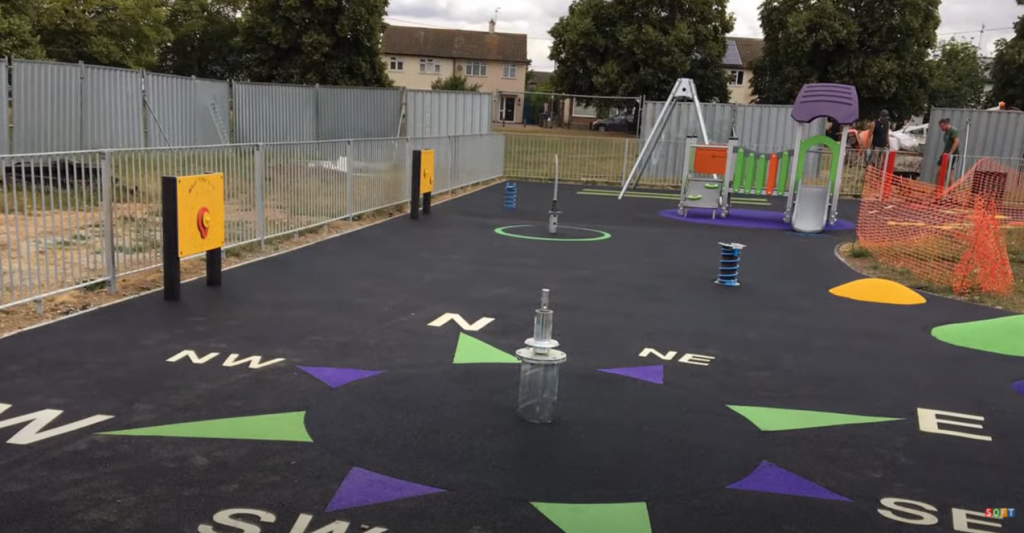
- EPDM Rubber Play Area Surfacing in Leeds, West Yorkshire

- EPDM Rubber Wetpour Flooring in Newcastle, Tyne and Wear
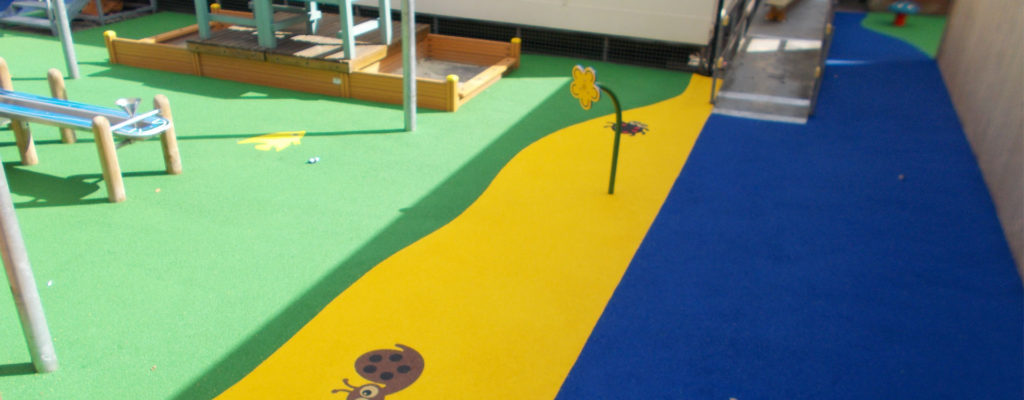
- EPDM/SBR Rubber Surfacing Playground Flooring
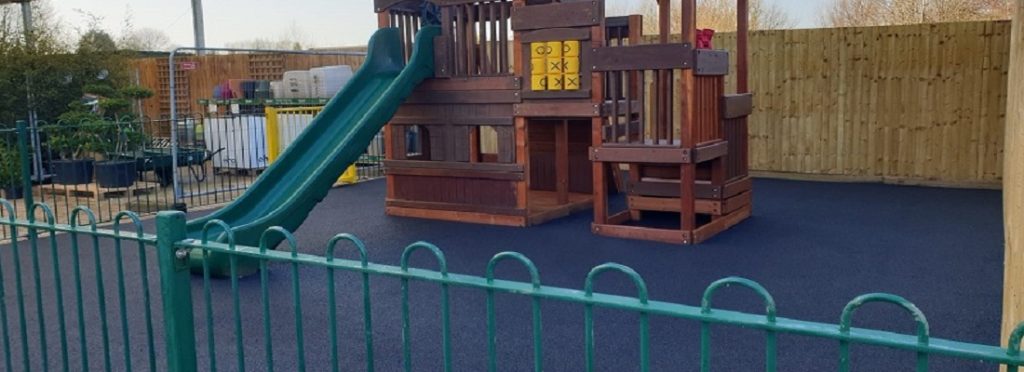
- Expressive Arts Playground Ideas
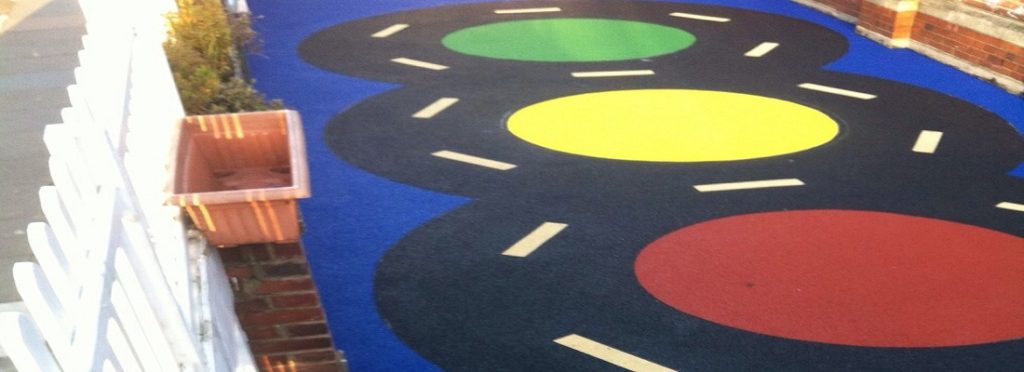
- How Do I Apply for Grant Funds for a Play Area in the UK?

- How Do Wet Pour Repair Kits Work
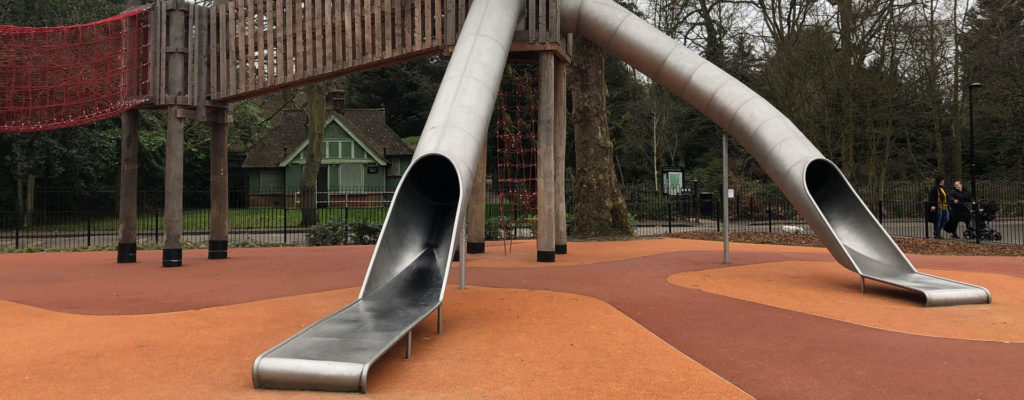
- How Playing Outside Can Reduce Stress and Anxiety
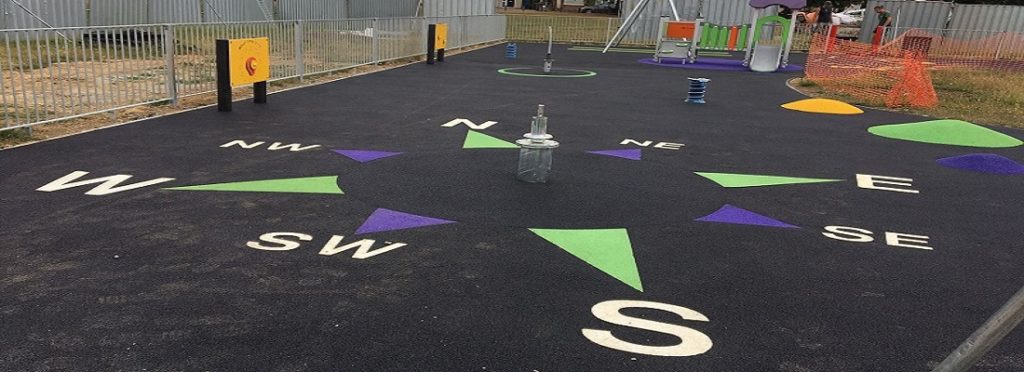
- How to Encourage Phonics Learning on the Playground

- How to Prepare Your Playground for Winter
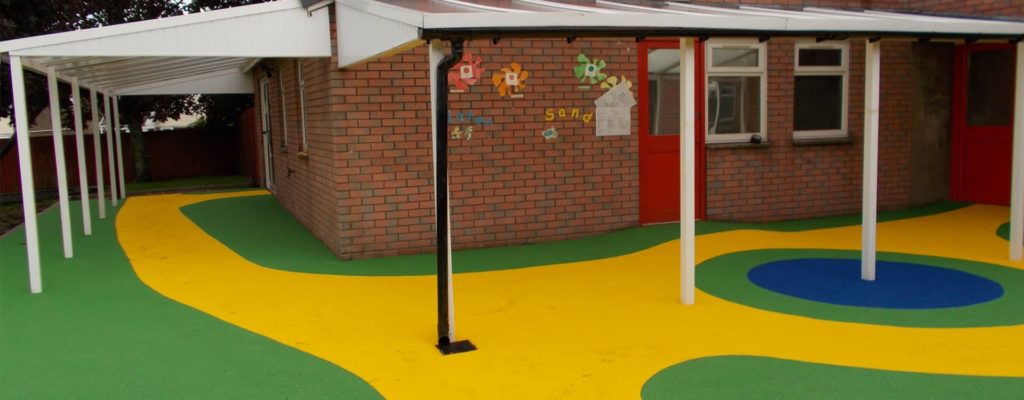
- How to Refresh Your School Playground

- Imaginative Play Ideas for Kids
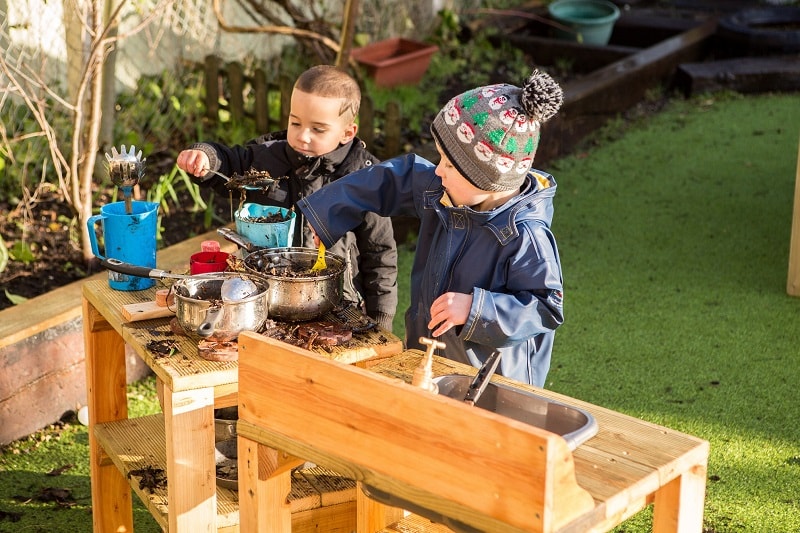
- Impact Attenuating Playground Surfacing
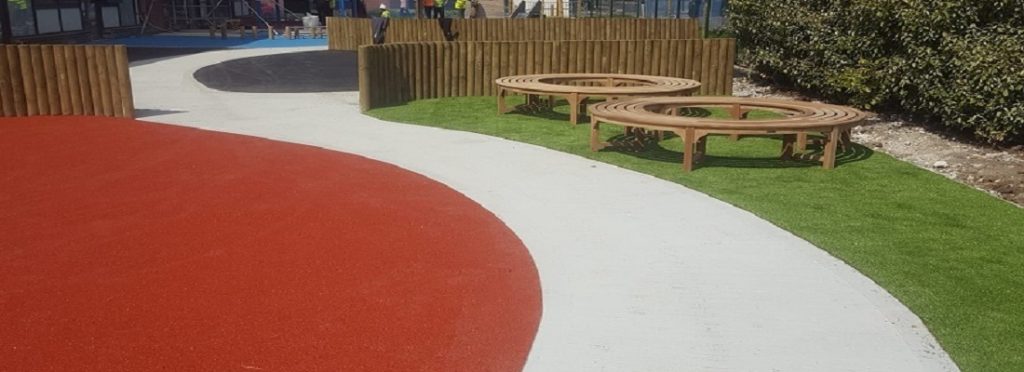
- Improving Children’s Mental Health With Play
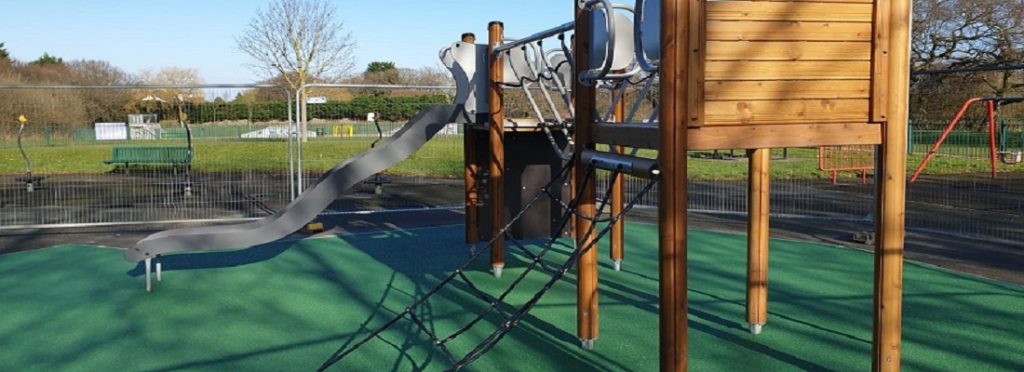
- Inclusive Playground Equipment for Schools
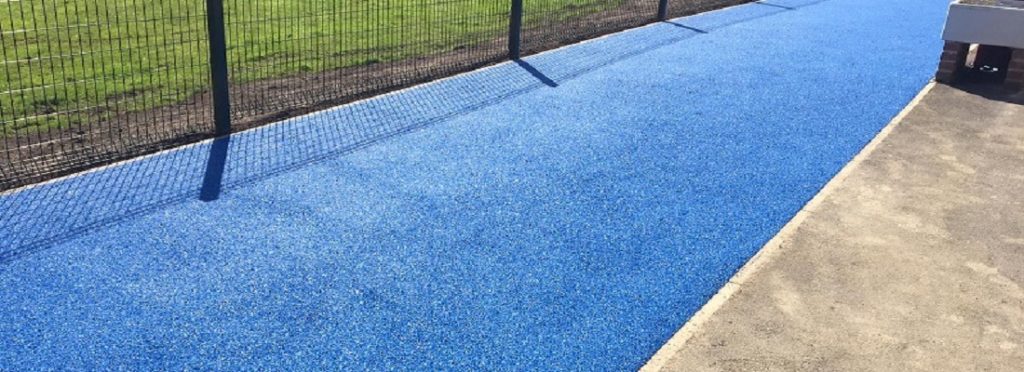
- Independent Learning Activities for Kids
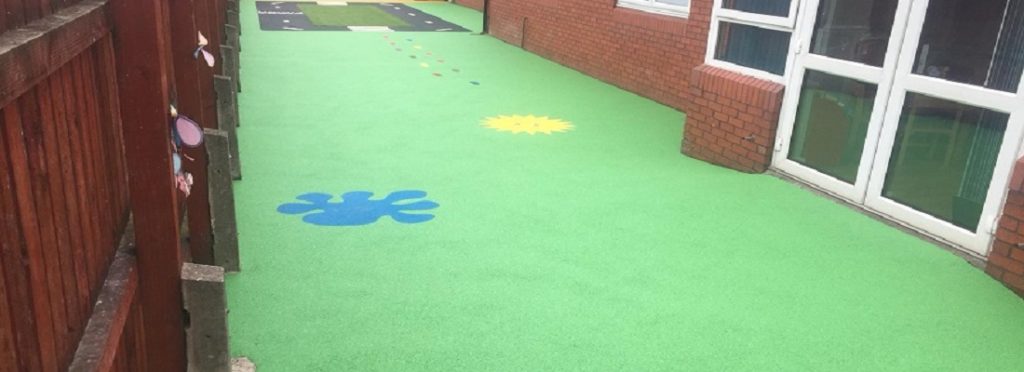
- Lap, Leap, Neap Play Area

- Large Wetpour Play Area Surface in Stockport
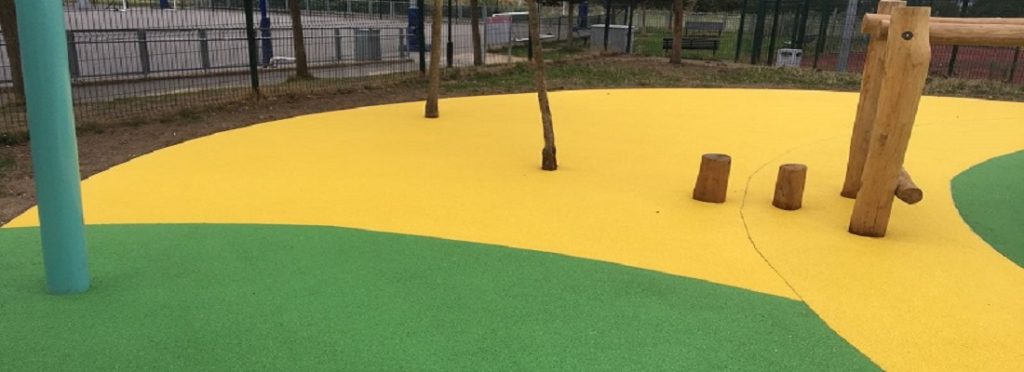
- LEAP Local Equipped Area for Play

- Learning Through Play – Psychology and Theories

- Managing Behaviour Through Active Outdoor Play

- NEAP Neighbourhood Equipped Area for Play
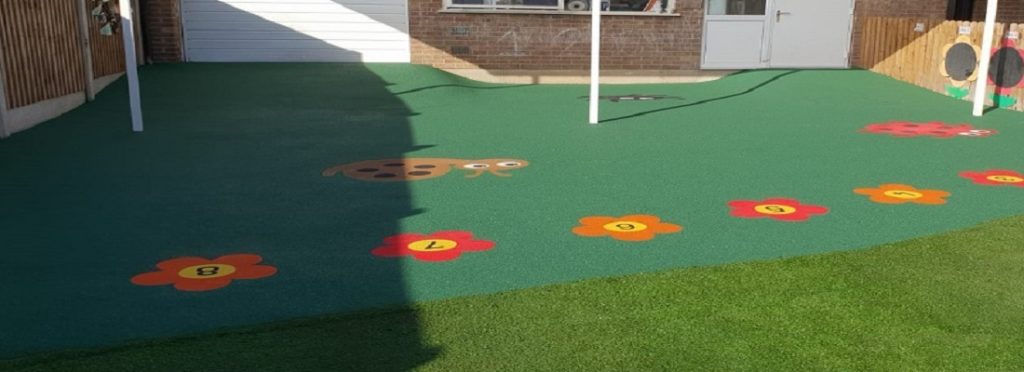
- Needlepunch Playground Construction in Kilmarnock
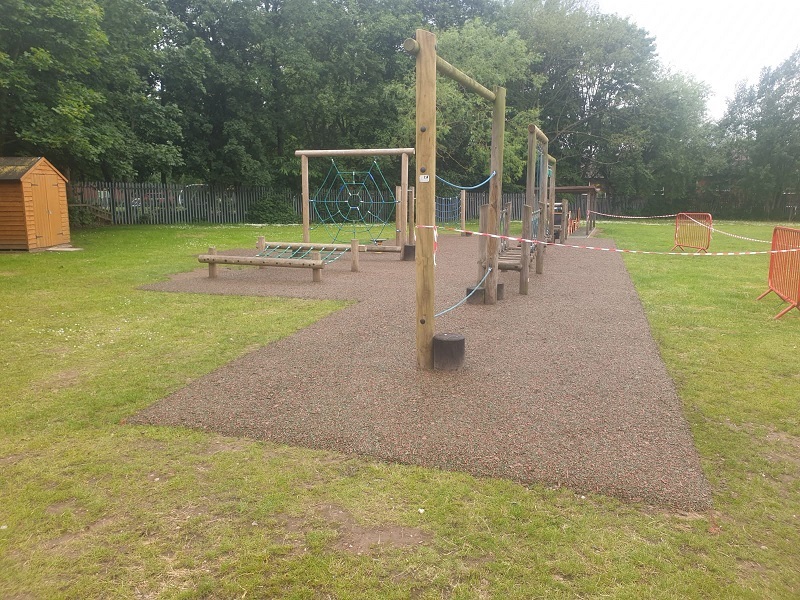
- Nursery EPDM Rubber Surfacing in Wolverhampton

- Nursery Play Area Maintenance

- Nursery Play Area Surfacing
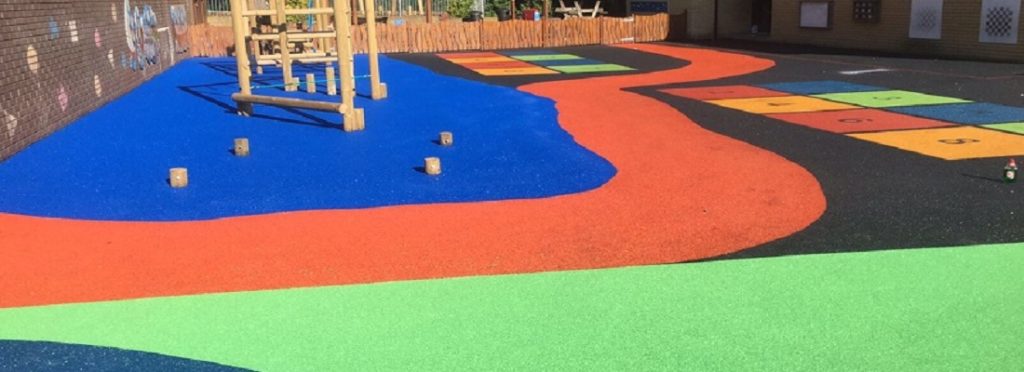
- Nursery Playground Installation

- Nursery School Green Wetpour Overlay in Gloucester
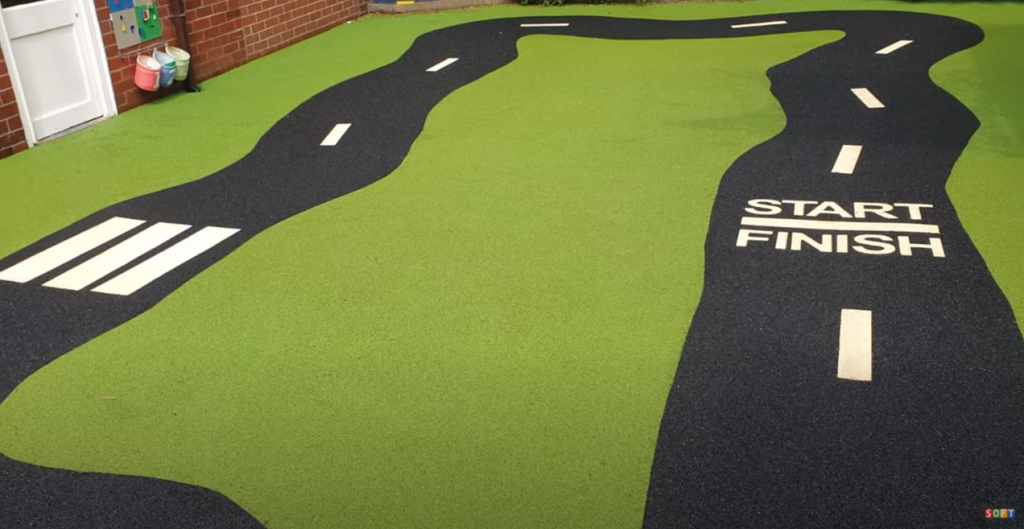
- Ofsted Requirements for Outdoor Play

- Outdoor Maths Games for Children

- Outdoor Nursery School Surfacing in Preston
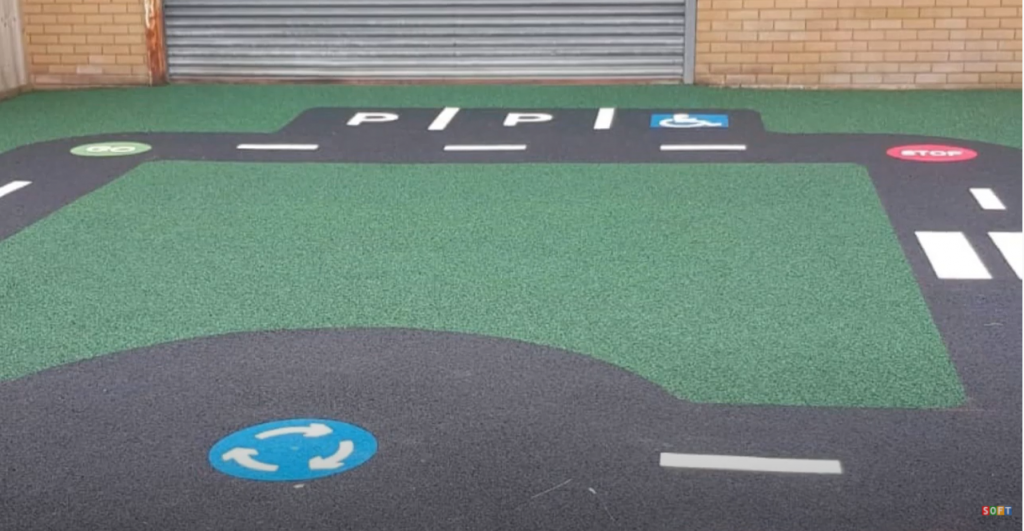
- Outdoor Nursery School Surfacing in Preston Lancashire

- Outdoor Play Area Ideas for Kids

- Outdoor Play Ideas for Children With Dyscalculia
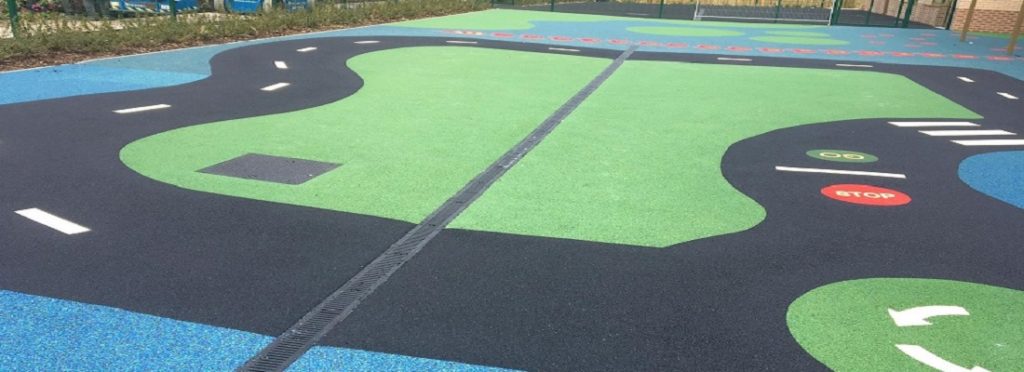
- Outdoor Playground Roadway Design

- Outdoor Safety Flooring Designs
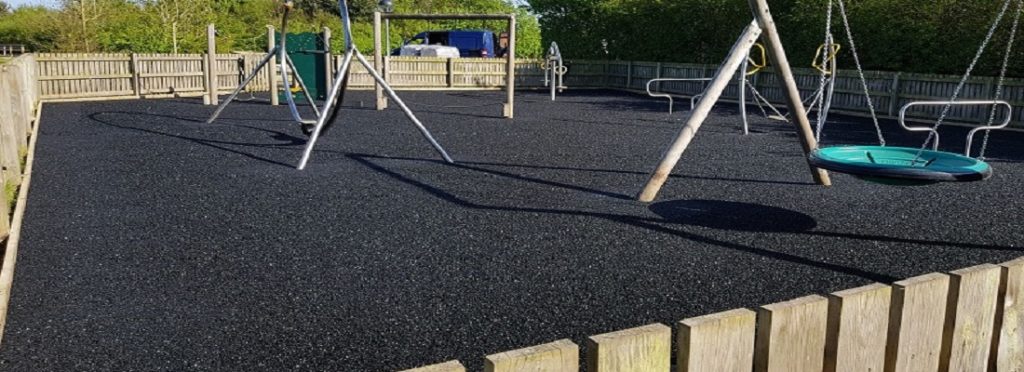
- Outdoor Wetpour Surfacing Install in Leicester
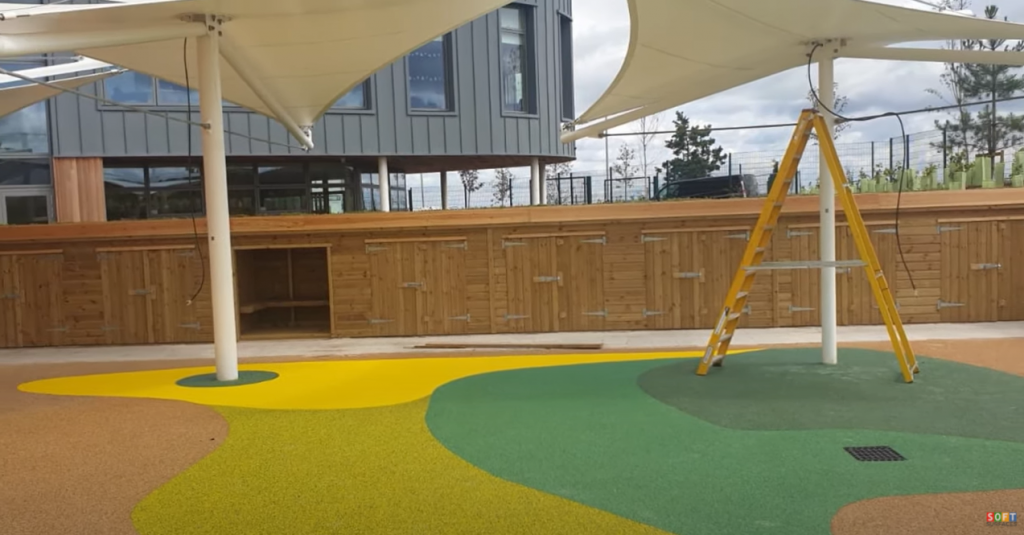
- Play Area Line Marking Specification

- Play Area Maintenance

- Play Area Surfaces
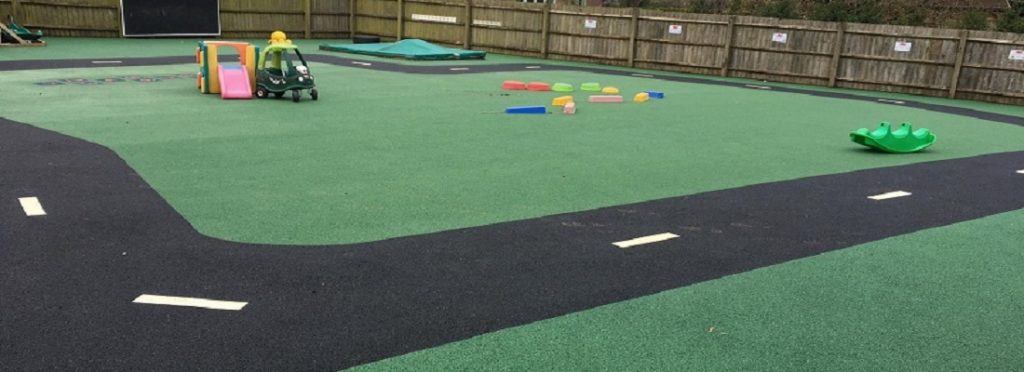
- Playground Activities for the National Curriculum

- Playground Designs for Sensory Processing Disorder

- Playground Equipment for Schools

- Playground Fencing

- Playground Flooring Repair in Birmingham, West Midlands

- Playground Games for Children With Dyspraxia

- Playground Games to Encourage Speech Development
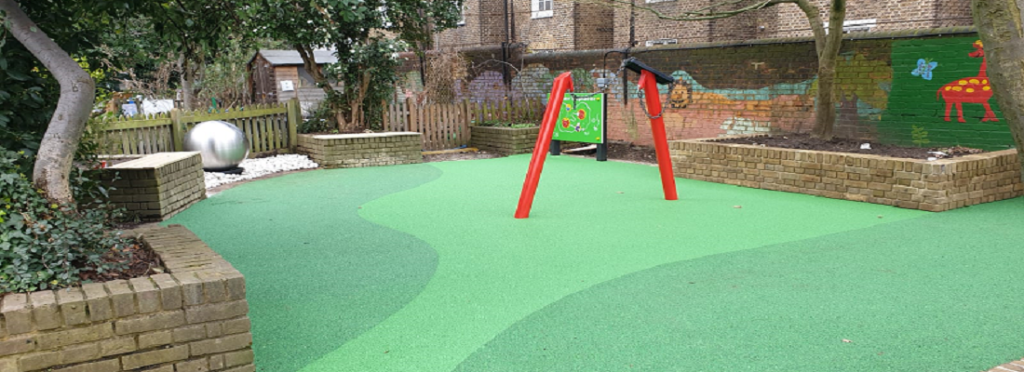
- Playground Grass Mats Safer Flooring
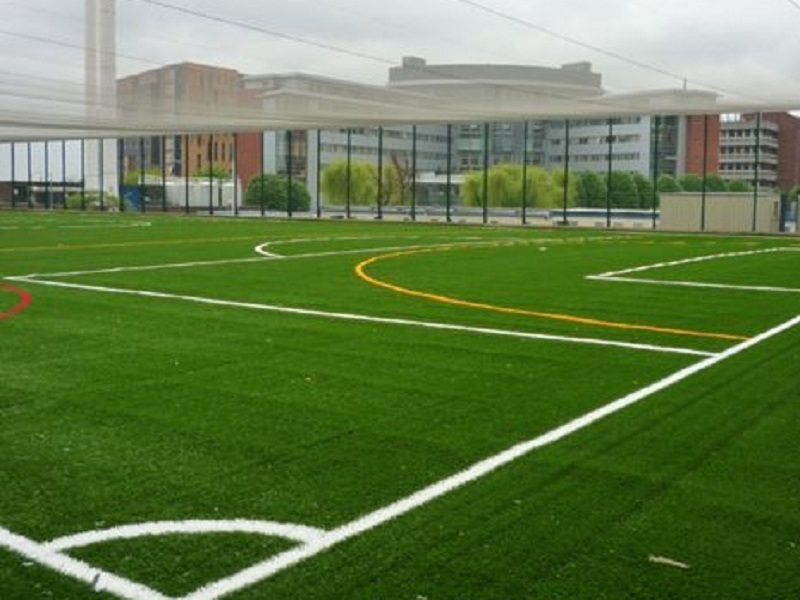
- Playground Marking Graphics

- Playground Markings

- Playground Safety Surface Construction in Reading, Berkshire
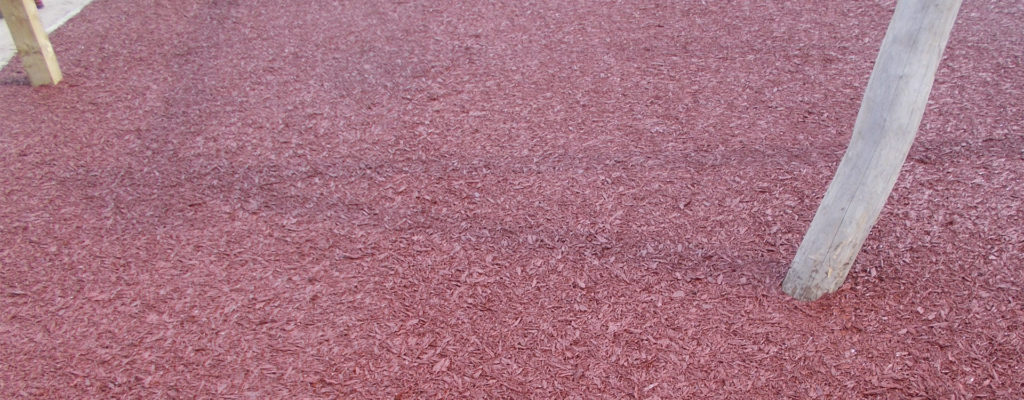
- Playground Safety Surfacing with Graphics in Shropshire
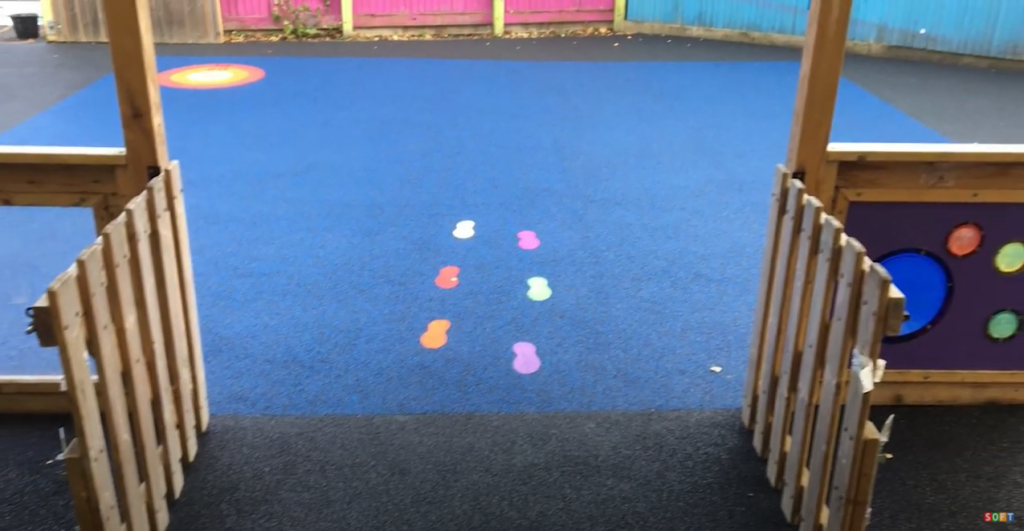
- Playground Surface HIC Safety Flooring
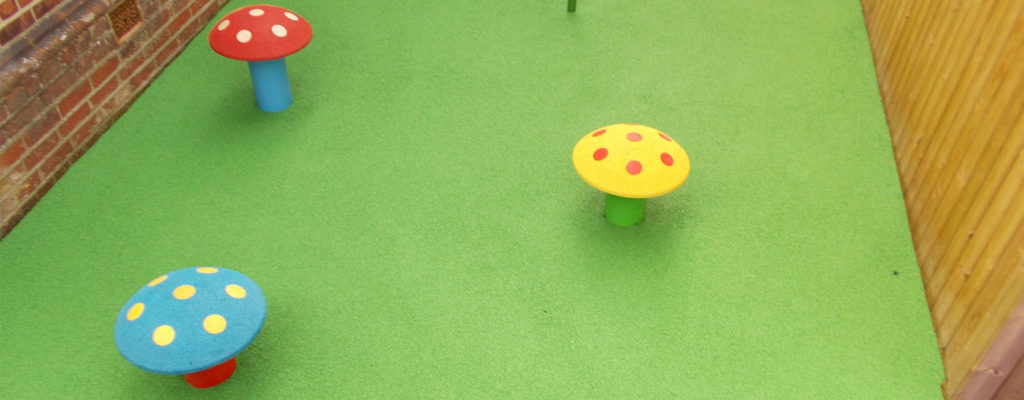
- Playground Surfacing in Hertfordshire

- Playground Surfacing Options

- Playground Wet Pour Flooring in Northamptonshire
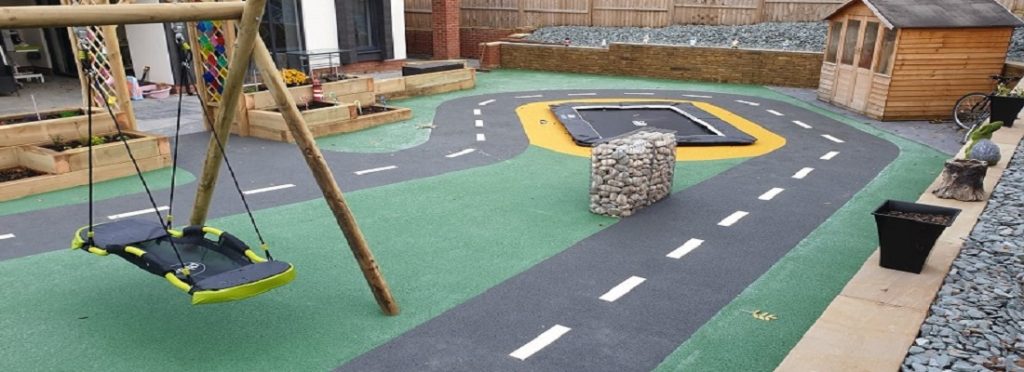
- Playground Wet Pour Flooring in Northumberland

- Playground Wet Pour Flooring in Nottinghamshire

- Playground Wet Pour Flooring in Oxfordshire

- Playground Wet Pour Flooring in Somerset

- Poured in Place Rubber Bouncy Playground Surfaces

- Pre School Play Area Surfacing in Wigan, Greater Manchester

- Pre-School Play Area Surfacing in Wigan
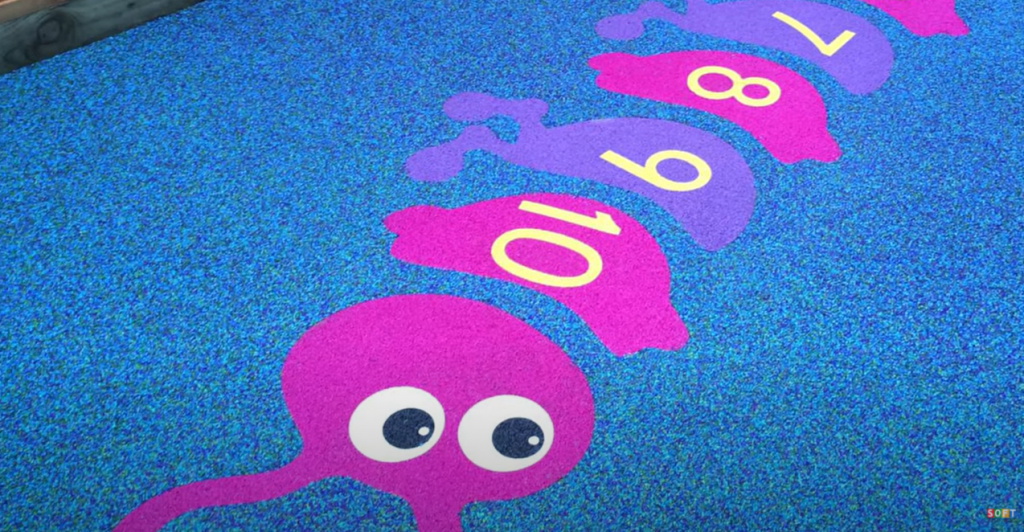
- Primary School Outdoor Classroom Funding Grants

- Protective Playground Flooring

- PS4 Activity Games Space Area in Penrith
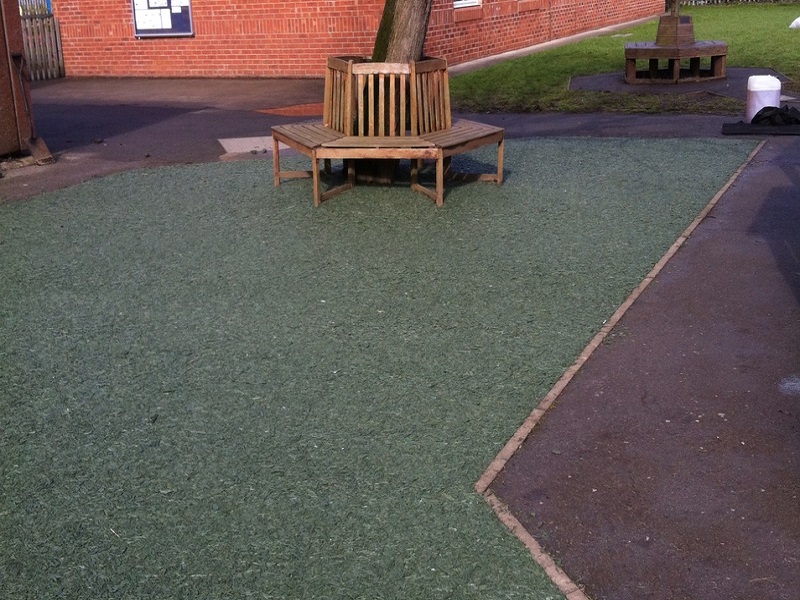
- Q26 – Wetpour Playground Safety Surfacing
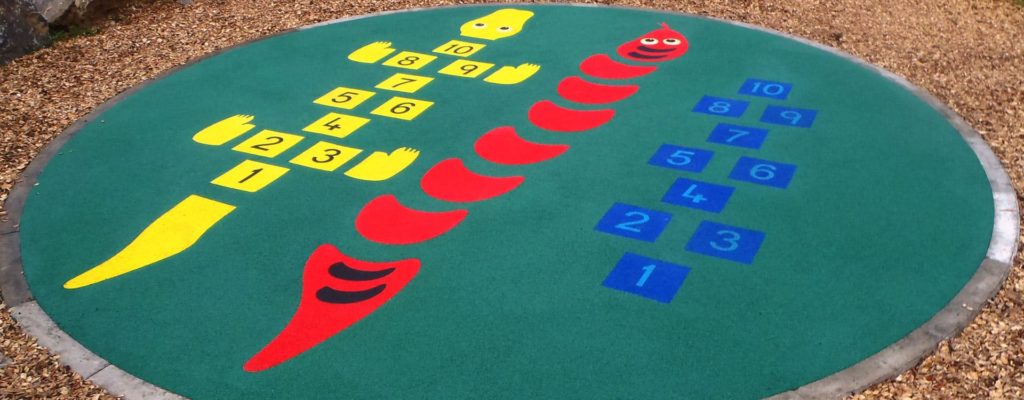
- Rubber Outdoor External Playground Flooring

- Rubber Playground and Artificial Grass Surfacing in Middlesbrough
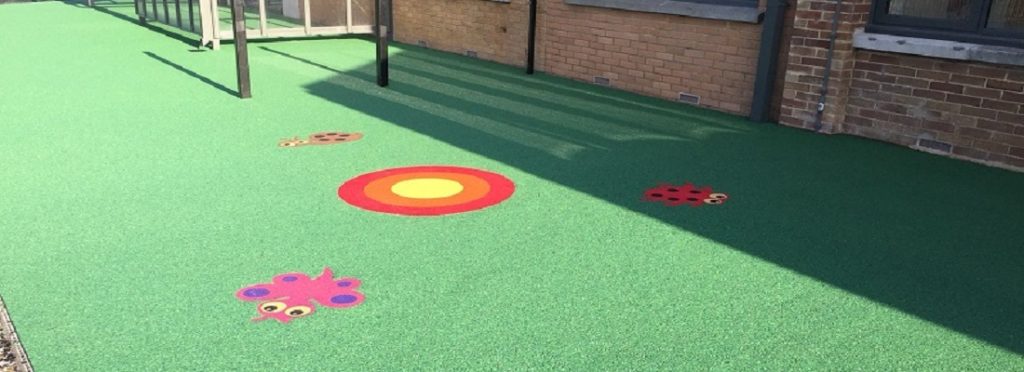
- Rubber Playground Surface Construction

- Rubber Spheres Play Equipment

- Rubber Tarmac Flooring

- Rubber Tarmac School Outdoor Playground Flooring
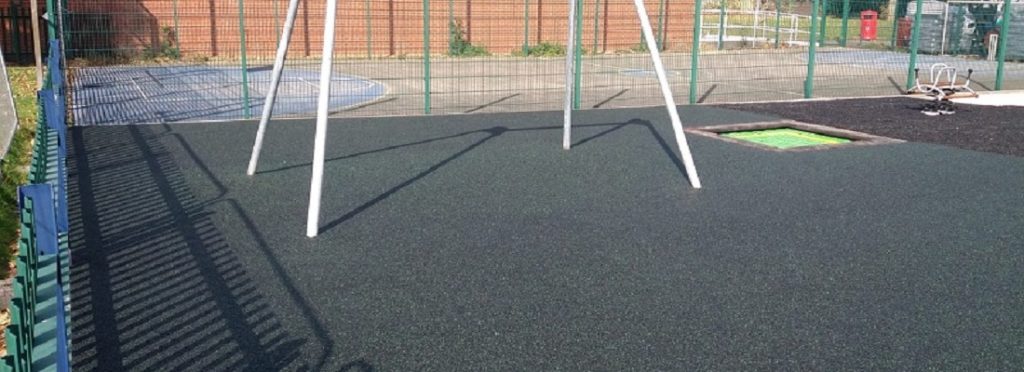
- Safety Surfaces For Playgrounds

- Sand and Water Play Activities for Kids
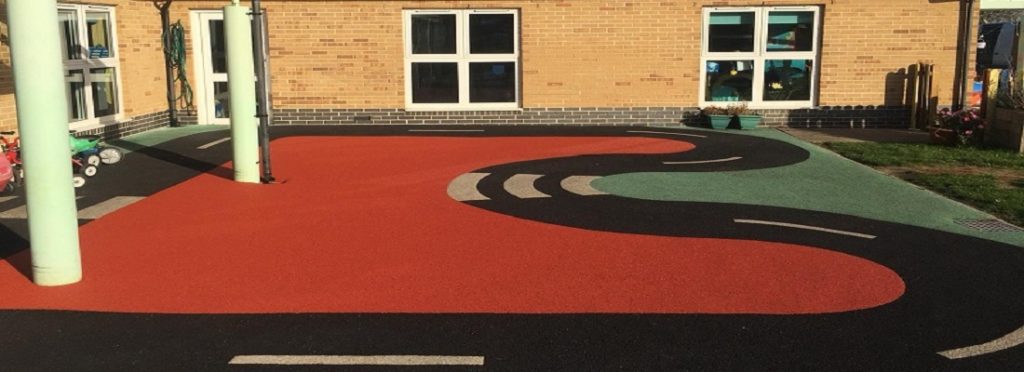
- School Adventure Trail Designs

- School All Weather MUGA Pitches
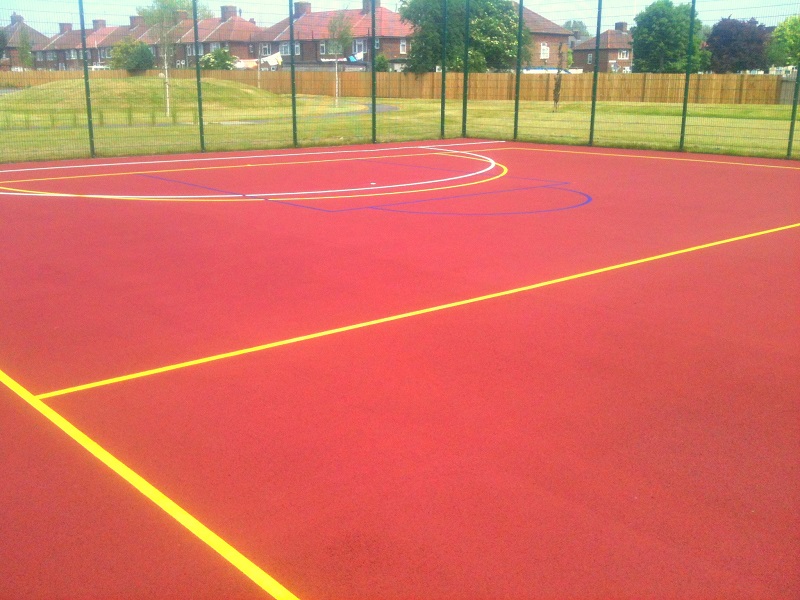
- School Athletics Track Designs

- School Playground Design and Install in Manchester

- School Playground Graphics

- School Playground Groundworks

- School Playground Ideas

- School Playground Maintenance

- School Playground Marking Designs

- School Playground Surfacing

- Schools Recreational Long Jump Runway Length
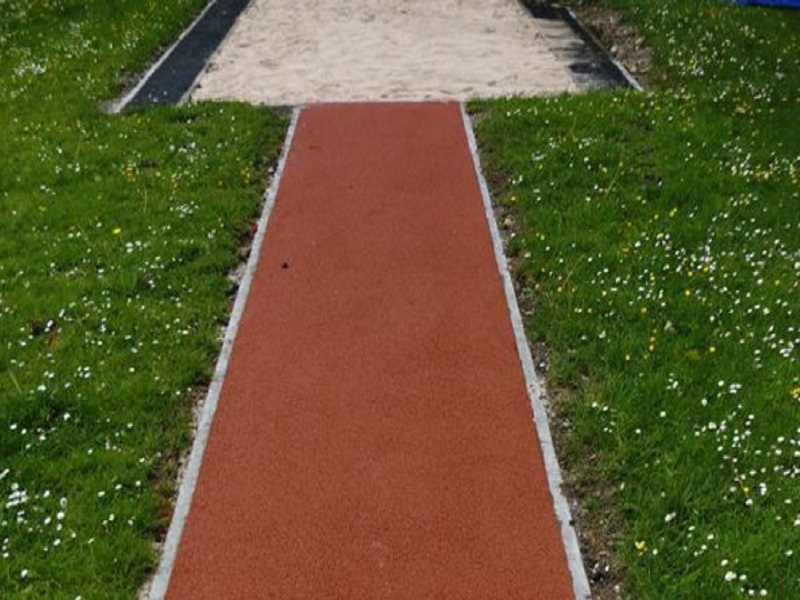
- SEN Playground Equipment for Schools

- Small nursery EPDM Rubber Surfacing in Wolverhampton
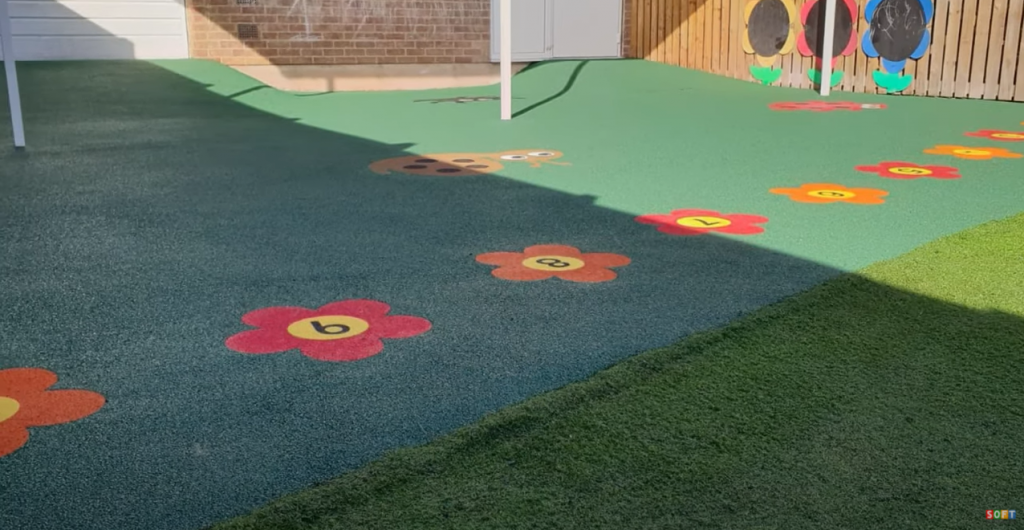
- Soft Fall Impact Absorbing Playground Surface

- Spongy Nursery School Surfacing in Carlisle
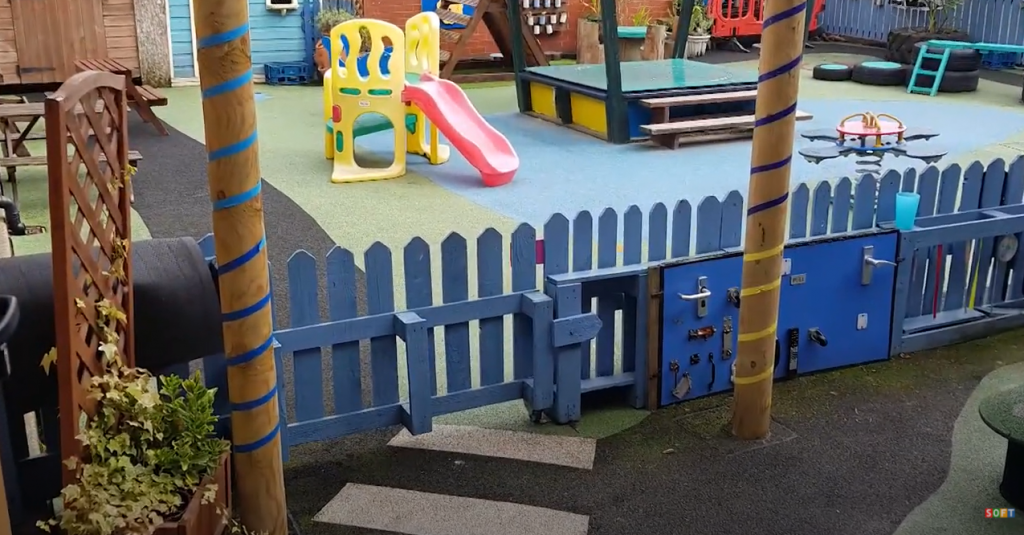
- Spongy Playground Flooring Construction in Woking, Surrey
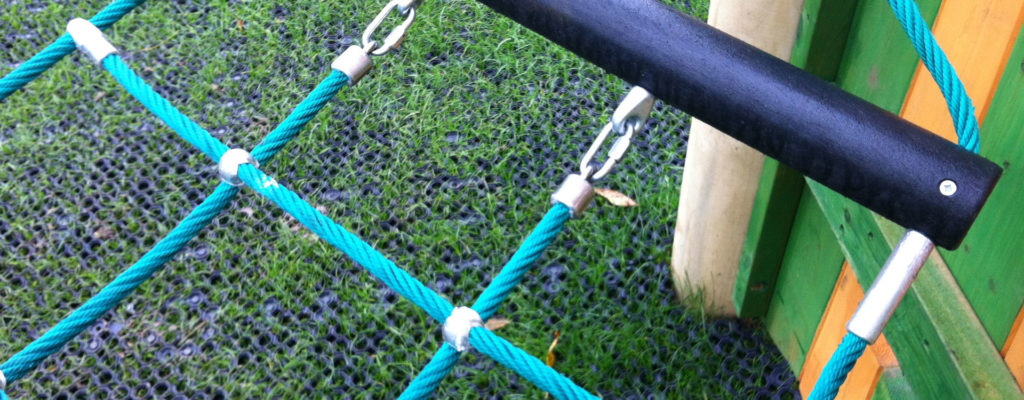
- Spongy playground flooring construction that we carried out in Woking, Surrey
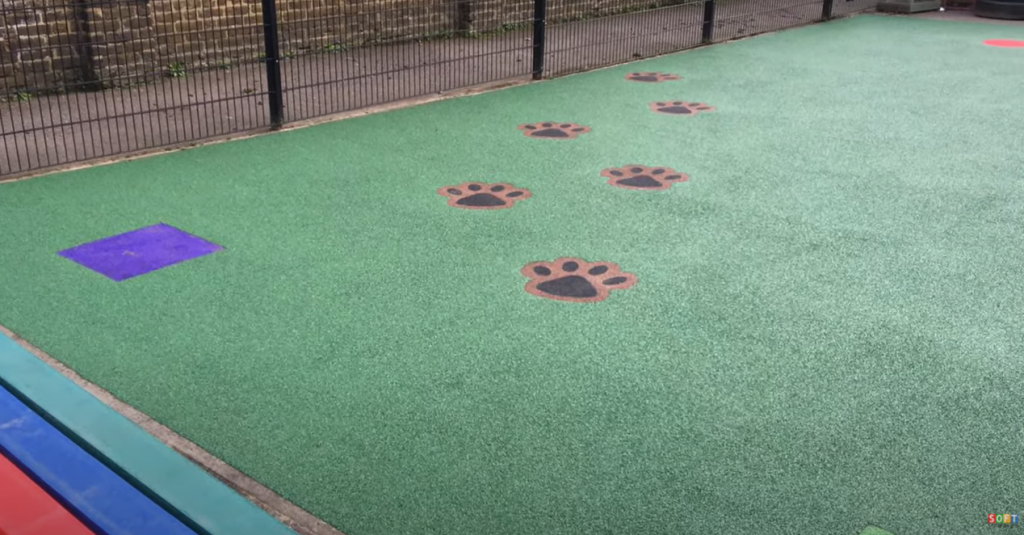
- Spongy Safer Pour Surfacing for Playgrounds

- Tests for Playground Safety Flooring

- Top 3 Safety Surfaces for Playgrounds

- Top 5 School Playground Trends

- Wet Pour Surfacing and Synthetic Turf Construction in Worthing, Sussex
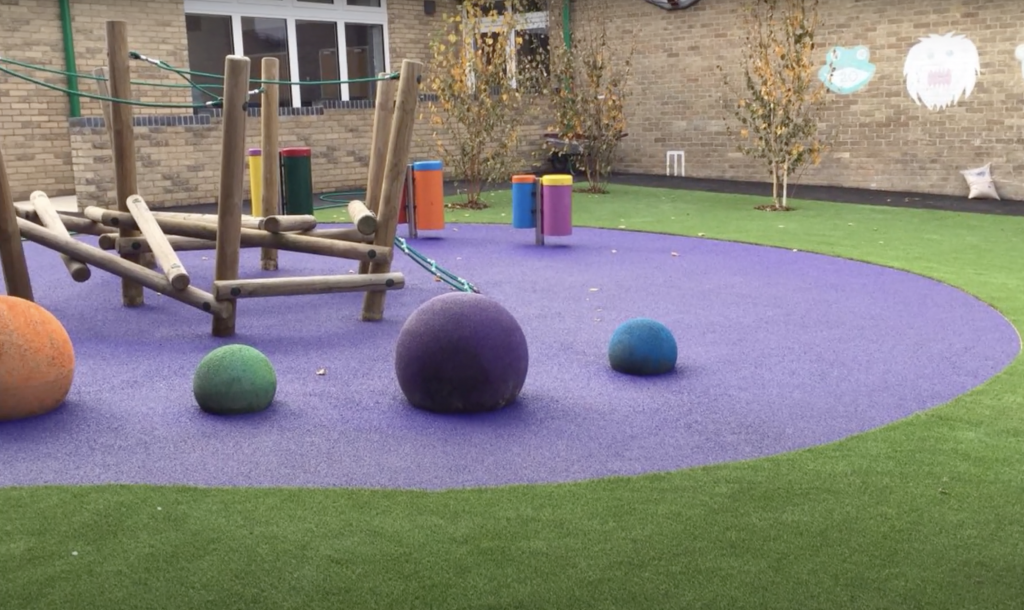
- Wetpour Flooring & Graphics Installation in Bristol
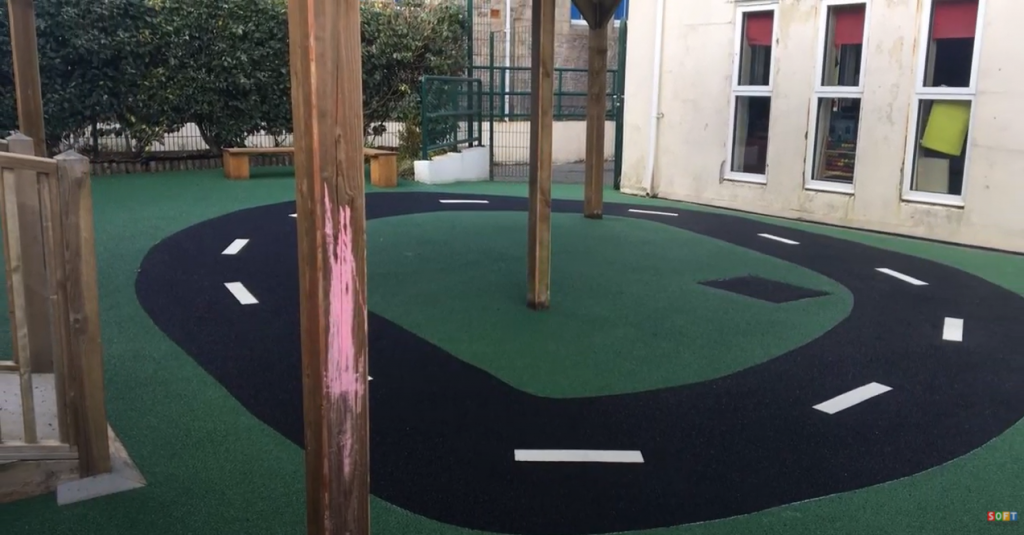
- Wetpour Playground with Graphics in Salford, Greater Manchester
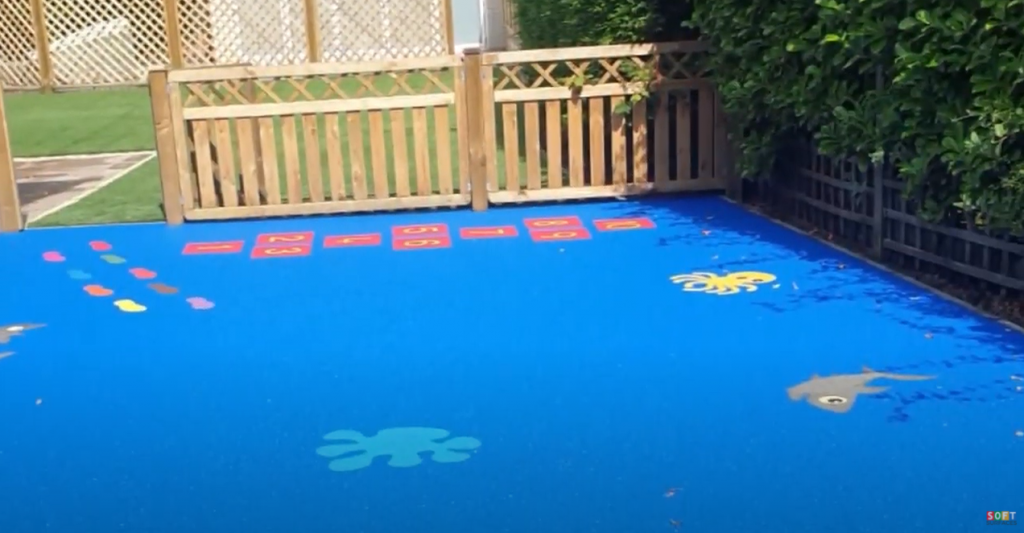
- Wetpour Safety Flooring with Graphics at a Nursery in Cheltenham, Gloucestershire
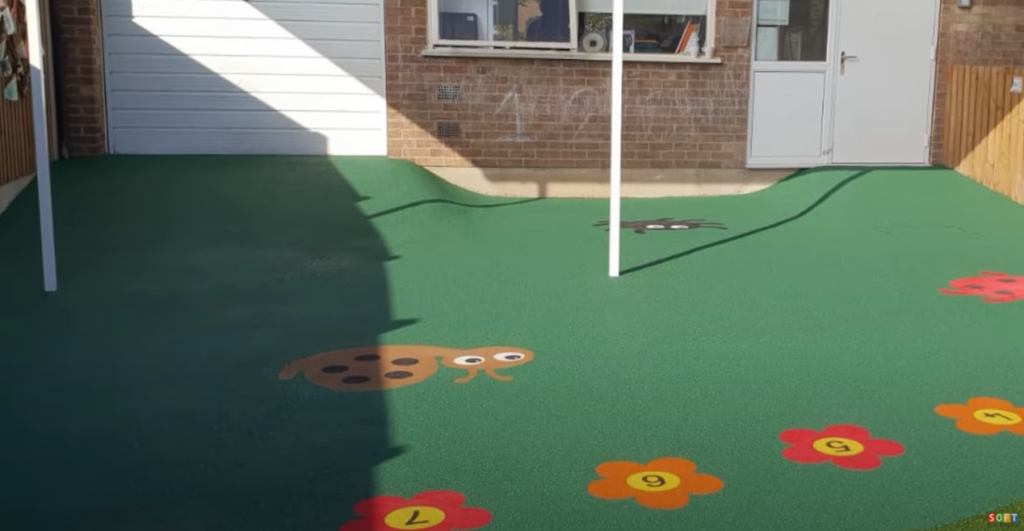
- What Is Critical Fall Height?

Playground Equipment and Games
Installing certain playground equipment will help children to learn whilst they play through activities like climbing, building dens and basic structures.
Using these types of playground equipment will also help encourage teamwork and allow children to provide each other with constructive feedback as they work alongside each other.
Outdoor play activities that are pupil-led not only provide great opportunities for developing skills independently, but they also have amazing benefits towards positive mental health; there have been numerous studies that have discovered the relationship between green spaces and good mental health.
Visit this post to learn more about how outdoor Play can reduce feelings of anxiety and stress in children.
Spending time outside is hugely beneficial for young people and the positive effects on mental health can work in favour for students, schools and benefits can work their way onwards and throughout communities.
Get expert advice, today call us on
Get a FREE quote from our award winning team